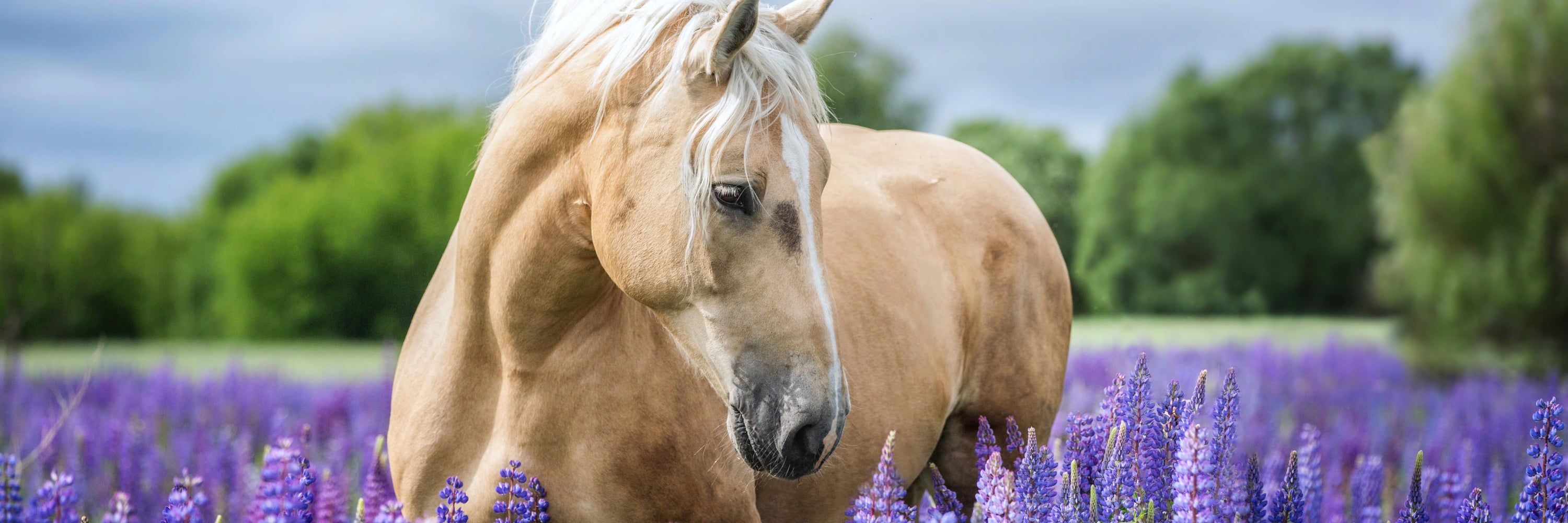
Complete Guide to Horse Calming Supplements
Shop Natural Horse Supplements
Introduction
Are you tired of spending money on calming products for your horse only to have them stop working after just a few doses? Or even worse, you spend money on a product that doesn't work at all? You are not alone. One study found that 55% of horse calming product users were either unsure if the products worked or found no effect from the products. Interestingly, another 5% found equine calming products to actually cause a negative effect on their horses behavior. (1)
Those of us that are tired of trying horse calming supplements with little to no success are actually in the majority! The good news is we believe we have finally found the best calming supplement for horses. This is a product that actually works, has long-lasting effects, is easy to use, and is 100% organic, all natural and herbal-based. And no, it's not another concoction of valerian, tryptophan, magnesium or any of those other common minerals and herbs that most other calming supplements on the market contain. This is something new.
In this article we will discuss some possible root causes for “hot” horses. We discuss the current research and possible limitations for common calming herbs for horses, including the one common “calming” supplement that actually has the opposite effect on your horse. Plus, we lift the veil on what could possibly be the best horse calming supplement on the market today.
Understanding Anxious Behavior in Horses and Effective Management Strategies
Addressing Acute Stress in Equines
Anxiety or problematic behaviors in horses typically manifest as normal physiological reactions to stress or unfamiliar environments. Such behaviors, while natural, can pose challenges for both the horse and its handler.
For instance, it's not uncommon for horses to exhibit transient anxiety during stress-inducing situations like trailering. These animals might otherwise remain serene, only showing signs of anxiety under new or unfamiliar conditions.
Typical Anxiety-Driven Behaviors Include:
- Hard to handle during new activities
- Difficulty loading into trailers
- Hesitation or refusal to move forward
To mitigate these behaviors, it's advisable to introduce horses gradually to new scenarios, thus avoiding the reinforcement of avoidance behaviors.
Social and Environmental Stressors
Removal from their social groups during trailering can significantly stress horses. It's particularly impactful for young horses who should be exposed to potential stressors like social isolation and transportation gradually, starting with brief sessions that progressively increase in duration.
Horses often pick up on cues that signal forthcoming stress, which can lead to behaviors like reluctance to leave their stalls if they anticipate discomfort from poor fitting equipment or anticipate uncomfortable handling.
Physiological Responses to Stress
Research indicates that trailering can spike cortisol levels in horses, a stress hormone that also elevates heart rate, especially at the start of transport. However, horses can acclimate to stressful events like trailering with repeated exposure.
Reducing Stress Impacts
It’s beneficial to identify and minimize stress triggers to help soothe your horse. During stressful or illness periods, hormones like adrenaline and noradrenaline also surge alongside cortisol, impacting horses with conditions like acute laminitis or acute abdominal syndrome.
Stereotypic Behaviors as Coping Mechanisms
Some horses develop repetitive and abnormal behaviors known as stereotypies, such as cribbing, stall-walking, and weaving. These behaviors are thought to serve as coping mechanisms that provide comfort to the horse.
Chronic anxiety can lead to several issues including:
- Decreased appetite
- Weight loss
- Diminished performance
- Increased injury risk
Supporting Anxious Horses: Practical Steps
When managing an anxious horse, the first step is to identify and address any health or management issues. Evaluate potential causes of anxiety such as:
- Untreated pain
- Insufficient turnout
- Inadequate exercise
- Excess energy
- High carbohydrate diets
- Digestive issues
- Inappropriate training
Key Strategies for Promoting Calmness Include:
- Providing ample turnout to encourage natural foraging behaviors
- Balancing energy intake with activity levels
- Favoring a forage-based diet
- Using fats for additional calories instead of carbohydrates
- Ensuring a well-balanced diet
- Offering enriching activities to prevent boredom
If your horse remains agitated despite a balanced diet and suitable exercise, then a calming product might be a good option for you.

Calming Herbs, Vitamins and Minerals for Horses
The following is a breakdown of some of the most common calming ingredients used for horses. We discuss limitations, available research and mechanisms of action.
It's worth noting that most of the commonly used ingredients lack research in horses. When species-specific research is not available, we, as consumers, have to infer the results from other studied species, trust that a long history of use is promising and use anecdotal evidence. The unfortunate reality is many of the things we know work for horses, simply have not been rigorously studied yet.
Magnesium
Magnesium has been used as a calming mineral for a long time. The reality is, this mineral only seems to work as a “calming” supplement when horses are deficient. Once your horse has adequate magnesium levels, this mineral will no longer provide a calming effect.
Magnesium deficiency in horses can present with many symptoms including:
- Anxiety
- Excitability
- Poor Coordination
- Irritability
- Muscle Tremors
- Muscle Pain
- Sensitivity to Sound
For some horses, once they have adequate magnesium levels, they do not need any more calming support. For other horses, magnesium deficiency wasn't an issue so these supplements won't have an effect. And yet still with some horses, magnesium is a good first step but they still may need more calming.
Final important note about magnesium:
Magnesium oxide is an extremely common form of magnesium in equine supplements and complete feeds. Magnesium Oxide, when fed to a horse who also eats alfalfa, in any form, dramatically increases their risk of developing enteroliths. Enteroliths can kill your horse if they are not caught early enough. Enteroliths can be hard to detect before it is too late. If you want to learn more about enteroliths and learn more about how to prevent them, you can check out a previous video blog about enteroliths in horses.
Tryptophan
Tryptophan is a popular calmative ingredient in many horse products. Unfortunately, research and real world experience does not support the use of tryptophan as a calming supplement for horses.
Tryptophan is an amino acid that is a precursor to serotonin production. Serotonin is a neurotransmitter often called a “feel good” chemical. The prevailing theory is that by increasing tryptophan levels the horse will make more serotonin and be calmer.
While some research does suggest tryptophan can be an effective calming agent for other species, research in horses shows this amino acid might actually have the opposite effect for equines and is potentially toxic.
Two separate studies found tryptophan to have no effect on horses behavior across a range of environments including, empty enclosure, when introduced to novel stimuli, in a standardized fear test and in handling tests. (2,3)
Another study found that tryptophan actually increased heart rate and activity level. This study found tryptophan to be stimulating to horses for 2-4 hours following the dose. (4)
One study found a low dose of tryptophan to cause mild excitement in horses and a high dose to cause acute haemolytic anemia due to a toxic hindgut metabolite. (5)
Valerian
Valerian has not been studied in horses. Although it is quite common, there is no scientific evidence proving its effectiveness or safety. There have been studies in other animal species with decent results. This suggests valerian may provide a calming effect for other species as well.
Valerian is a flowering plant that is commonly used for humans to calm, aid with restful sleep and sedation. Valerian works by preventing the breakdown of GABA in the brain. GABA is a neurotransmitter that has calming and sedative effects.
The main challenges with valerian is that horse-specific studies have not been completed to identify safe and effective doses. Additionally, most users will develop a tolerance to valerian with continued use and may stop experiencing calming effects with a safe dose.
Thiamine
There is no known evidence for the use of thiamine or other B-complex vitamins as a calming agent. There is some anecdotal evidence that these vitamins do provide some calming effects for some equines.
Similar to magnesium, the calming effect observed from supplementing thiamine and other B-complex vitamins is likely a result of horses being deficient in these important nutrients. The B-vitamins are important for a long list of physiologic functions, including neuro-transmitter production, skeletal muscle function, bone growth and vital organ function.
In a perfect world, horses would get adequate levels of all the b-complex vitamins from their forage-based diets. Unfortunately, modern agricultural practices have stripped nutrients from our soils, oftentimes leaving our horses forage feed lacking in essential nutrients.
Moreover, commercial feeds, complete feeds and most conventional supplements use low quality, poorly absorbed forms of vitamins and minerals. Which can make it challenging for horse owners to know what their horses actual nutrition status is.
Just because the feed bag or supplement label says it has B-Vitamins (or any other vitamin/mineral) does not mean your horse will actually absorb and benefit from that nutrient. The reality is most commercial vitamins and minerals are excreted in the horses urine and manure before they can do your horse any good.
We have covered this concept in great detail in a couple of our recent blog posts. Check out this one If you want to take a deep dive on nutrient absorption, optimal supplementation and horse hoof health. For a lighter and quicker overview, plus some interesting information about Genetics, Epigenetics, Dapple Expression in Horses PLUS our Feeding Program, try this one.
Alpha-Casozepine
Alpha-Casozepine comes from casein protein in milk. It is an isolated peptide that has been reported to produce a calming effect in humans and some animals.
Research in horses is limited and has mixed results. May help reduce cortisol levels, more research and study is warranted.
Chasteberry
Chasteberry is growing in popularity as a horse supplement. This herb is suspected to work as a calming agent by modulating hormones. Anecdotal evidence suggests it may help with moody mares and aggressive stallions.
Chasteberry works by binding to the pituitary gland and decreasing prolactin as well as ACTH. Lowered Prolactin levels in mares may result in a calming effect through increased progesterone levels. For stallions, lowered prolactin levels may lower testosterone levels which may help calm aggressive males.
There is yet to be significant scientific research to validate the anecdotal evidence for this herb.
Raspberry Leaves
The most popular raspberry leaf product is Mare Magic. Raspberry leaves are thought to help balance hormones and thereby help aggressive or temperamental mood swings. While this is most often associated with moody mares, this product has been reported to help some moody geldings as well.
Research in equines for this herbal remedy is limited. Anecdotal evidence is strong and we have personally used this with decent results with our OTTB gelding.
Black Cumin Seed Press Cake
Black Cumin Seeds have a long history of use all around the world, across many different species for a number of different benefits. Most research and the oldest traditions of using Black Cumin Seeds as a nutritional supplement originate from the regions of the world where this plant grows natively.

Horse-specific research is limited but is growing and so far looks very promising. Research shows that for centuries Black Cumin Seeds have been an integral part of traditional equine feeding practices. (6,7) In more recent years, Black Cumin Seeds and Black Cumin Seed Oils have been rapidly growing in popularity for their many benefits across many different species. We have recently posted several blogs discussing common horse issues and how Black Cumin Seeds may be the solution. For the purposes of this article, we will focus on Black Cumin Seeds calming effects and neurological benefits.
In ayurvedic medicine, the traditional medical system of India, black cumin seeds are known to be energetically cooling. There is also evidence of black cumin seed use dating all the way back to the times of Cleopatra in ancient Egypt.

Recent research shows Black Cumin Seeds to provide anti-anxiety effects, reduced stress, decreased indicators of depression and increased sleep time in rats. Black Cumin Seeds increase GABA and Nitric Oxide levels in the brain and plasma. Black Cumin Seeds were also shown to have powerful anti-inflammatory effects. (8,9)
Black Cumin Seeds may help to re-sensitize neuro-transmitter receptors. This is another potential mechanism for action for the calming and relaxation effect experienced by users. (9)
By re-sensitizing the neuro-transmitter receptors, the body becomes responsive, (i.e. calm, focused, happy) to the nominal levels of neurotransmitter secretions. Said simply, the normal levels of serotonin, dopamine and GABA secreted by the body will elicit a calming effect. This re-sensitizing process may also explain why Black Cumin Seeds seem to have a synergistic and even amplifying effect when combined with other calming agents.
Black Cumin Seeds help to support and improve the body’s natural detoxification pathways. It is known that heavy metal accumulation in the brain can cause anxiety, nervousness and heightened startle responses.
Black Cumin Seeds and one of its primary phytonutrients, Thymoquinone, have been shown to help prevent neurotoxicity and neurodegeneration. (9) While not a direct relation to its calming effect, Black Cumin Seeds reduce oxidative stress, improve the immune system, scavenge free radicals, have antioxidant properties, are anti-inflammatory, and prevent blood-brain barrier permeability making this a truly holistic product and beneficial for the nervous system on many levels.
Hemp
Hemp and cannabidiol (CBD) extracted therefrom, is quickly growing in popularity for its many benefits. Cannabidiol as a calming agent for horses does have some promising research.
One study found treated horses exhibited a lower reaction score compared to the control group when exposed to startle response stimulus (this study used an opening umbrella as the horse and trainer walked around a barn corner.) (10)
Another study also found CBD Treated horses exhibited less of a startle response compared to the control group. (11)
An application for a patent was recently published for the use of cannabidiol to reduce anxiety and stress in equines (US 10,624,936 B2) One of the cited studies describes a dramatic improvement in anxiety and stress related behaviors in CBD treated horses.
A new study found CBD treated horses exhibited increased feeding time, decreased cortisol levels and decreased anxiety (as evidenced by decreased stereotypic behaviors during stress inducing events.) (12)
The research is promising for the use of hemp, and more specifically cannabidiol, as a calming agent for horses. Unfortunately, like so many other natural calming products for horses, the real world experience for many horse owners is something less than what we expect or hope for from these natural remedies.

The Problem with Most Calming Supplements for Horses
One common limitation with most herbal and natural calming products for horses is their waning effectiveness over time. This largely has to do with the horse developing a tolerance to the substances with repeated use.
Another common issue is that most natural and herbal calming supplements are simply not strong enough to achieve the desired level of calmness in our horses. Simply feeding a higher dose can be problematic as it may cause negative effects. High repeated doses can also lead to the horse developing a tolerance quicker and ultimately resulting in even worse behavior by over stimulating and desensitizing the all important neurotransmitter receptors.
In the cases of magnesium and thiamine, the “calming” effect is actually the horse recovering from being deficient in those key nutrients, once the horses are accustomed to having adequate levels of these nutrients, they no longer exhibit a “calmed” demeanor.
Elite Calming Nuggets
Elite Calming Nuggets are fast becoming the best calming supplement for horses. Simply offer your horse an appropriate amount of these peppermint flavored nuggets, they will love them! And, in 2-3 hours they will be chilled out, totally zen and completely relaxed just like you are after a full day at the spa.

Yes, it does take around 2 hours for the calming and relaxation effect to start but those effects have been reported to last 6 - 9 hours! This first-of-its-kind formulation combines two active ingredients that provide a powerful effect.
One nugget is great to take the edge off for a relaxed and focused ride. Three nuggets is typically the right dose for the squirrely horse that is hard to handle during farrier trims, vet visits or trailering. Like for our OTTB, Radar, for whom this product was created. Before the nuggets he was quite annoying to hold during farrier visits or vet appointments, constantly throwing his head, not wanting to stand still, just typical OTTB behavior…. But now, with 3 nuggets, he practically sleeps through his appointments and we don't even have to hold his lead!

These nuggets work great for all equines and are perfect for stressful situations like trailering, separation anxiety, stall rest and even fireworks!

In fact, these nuggets have been successfully used to replace harsh sedation drugs for a traumatized donkey! (note: donkey and mule metabolisms are different and typically require more nuggets to achieve the desired level of calmness.)

Specially formulated with Organic Black Cumin Seed Press Cake and Hemp-derived CBD, These magic little nuggets are 100% human-grade, organic and are made in-house, by hand and in small batches to ensure potency and purity.

The unique combination of active ingredients unlocks a synergistic powerhouse for horse calming. Compared to isolated CBD oils, pellets or powder, Elite Calming Nuggets are easy to use, highly effective and maintain their effectiveness over time. With the addition of Black Cumin Seed Press Cake, Elite Calming Nuggets can use less CBD per dose yet offer a much stronger, longer-lasting effect.
If you are looking for calming supplements for horses that actually work, consider Elite Calming Nuggets by Evolved Remedies. With an average product review rating of 4.9/5, Elite Calming Nuggets are setting a new standard for natural, herbal-based horse calming remedies.

Shop Natural Horse Supplements
References
- Diane J. Ross, Jayne L. Roberts, Equine Calming Products: A Short Survey Into Their Use, Effect, and Knowledge Using a Small Sample of Horse Owners in the North of Scotland, UK, Journal of Equine Veterinary Science, Volume 68, 2018, Pages 63-67, ISSN 0737-0806, https://doi.org/10.1016/j.jevs.2018.05.208. (https://www.sciencedirect.com/science/article/pii/S0737080618301230)
- Noble GK, Brockwell YM, Munn KJ, Harris PA, Davidson HP, Li X, Zhang D, Sillence MN. Effects of a commercial dose of L-tryptophan on plasma tryptophan concentrations and behaviour in horses. Equine Vet J. 2008 Jan;40(1):51-6. doi: 10.2746/042516407X238503. PMID: 18083660.
- Malmkvist, Jens & Christensen, Janne. (2007). A note on the effects of a commercial tryptophan product on horse reactivity. Applied Animal Behaviour Science - APPL ANIM BEHAV SCI. 107. 361-366. 10.1016/j.applanim.2006.10.004.
- C.S. Bagshaw, S.L. Ralston, Hans Fisher, Behavioral and physiological effect of orally administered tryptophan on horses subjected to acute isolation stress, Applied Animal Behaviour Science, Volume 40, Issue 1, 1994, Pages 1-12, ISSN 0168-1591, https://doi.org/10.1016/0168-1591(94)90083-3. (https://www.sciencedirect.com/science/article/pii/0168159194900833)
- Grimmett A, Sillence MN. Calmatives for the excitable horse: a review of L-tryptophan. Vet J. 2005 Jul;170(1):24-32. doi: 10.1016/j.tvjl.2004.04.017. PMID: 15993787.
- S. Hassan, A. M. Ganai, Y. A. Beigh, J. Farooq, A. A. Khan, H. A. Ahmad, & D. Masood, “Available feed resources, feeding practices and nutrition status of horses in Budgam district of Kashmir valley” Indian Journal of Animal Sciences 88 (11): 1299-1304, November 2018/Article
- S. H. Bhat, H. A. Ahmed, D. Medhi, & A. M. Ganai, “Feeding Practices of Cart Pulling Horses in Kashmir Valley” The Indian Journal of Field Veterinarians Vol: 7 No: 4 Jan pp 57-58, 2012.
- Syam Das S, Kannan R, Sanju George, Baby Chakrapani PS, Balu Maliakel, Sibi Ittiyavirah, Krishnakumar IM, Thymoquinone-rich black cumin oil improves sleep quality, alleviates anxiety/stress on healthy subjects with sleep disturbances– A pilot polysomnography study, Journal of Herbal Medicine, Volume 32, 2022, 100507, ISSN 2210-8033, https://doi.org/10.1016/j.hermed.2021.100507. (https://www.sciencedirect.com/science/article/pii/S2210803321000877)
- Beheshti F, Khazaei M, Hosseini M. Neuropharmacological effects of Nigella sativa. Avicenna J Phytomed. 2016 Jan-Feb;6(1):104-16. PMID: 27247928; PMCID: PMC4884225.
- A. Draeger, E. Thomas, K. Jones, P. Godwin, A. Davis, S. Porr, 81 Cannabidiol in the horse: Effects on movement and reactivity, Journal of Equine Veterinary Science, Volume 100, 2021, 103544, ISSN 0737-0806, https://doi.org/10.1016/j.jevs.2021.103544. (https://www.sciencedirect.com/science/article/pii/S073708062100174X)
- Draeger, A. L., Thomas, E. P., Jones, K. A., Davis, A. J., & Porr, C. S. (2021). The effects of pelleted cannabidiol supplementation on heart rate and reaction scores in horses. Journal of Veterinary Behavior, 46, 97-100.
- Guay, K. (2022, July 28). New study shows reduced stress in horses when using CBD oil. American Farriers Journal. Retrieved March 25, 2023, from https://www.americanfarriers.com/articles/13471-new-study-shows-reduced-stress-in-horses-when-using-cbd



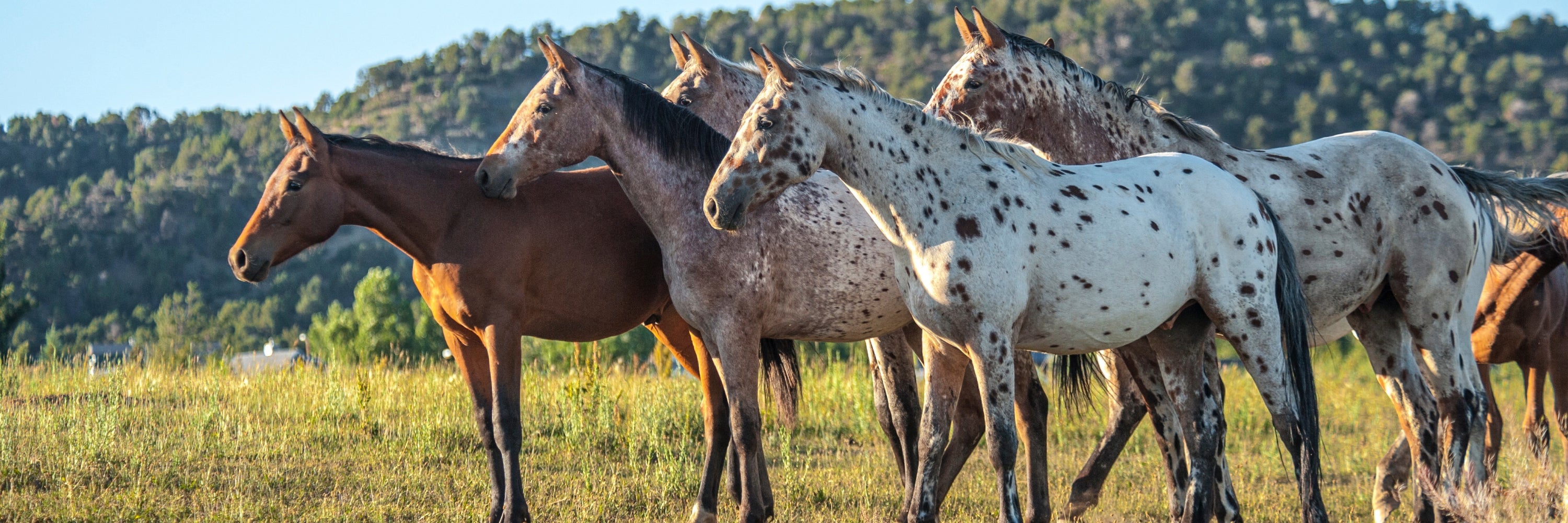

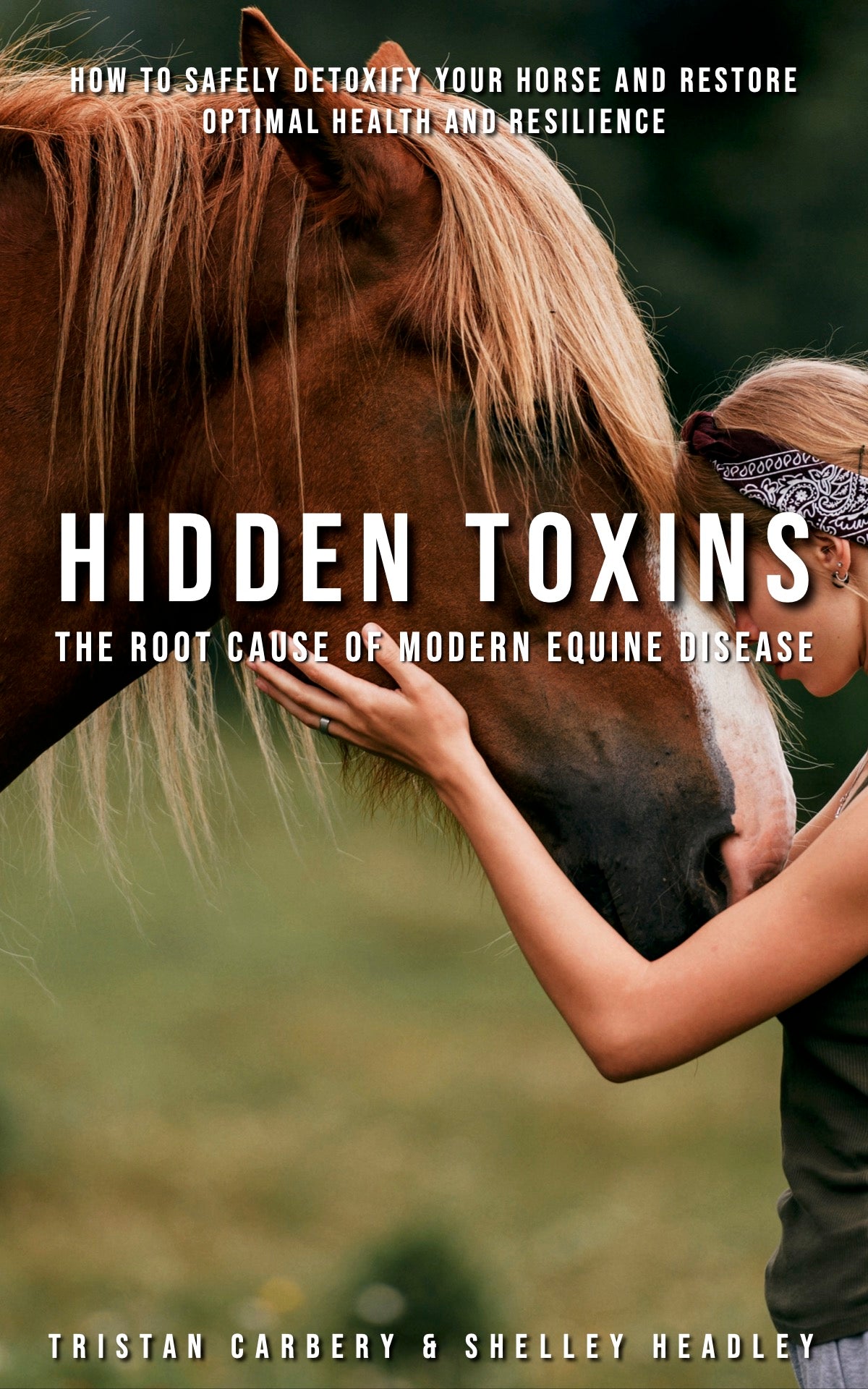
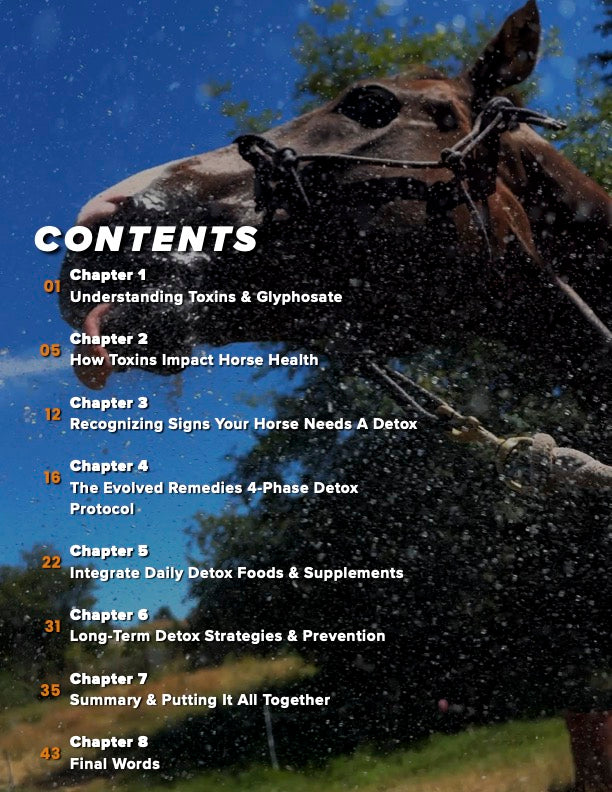
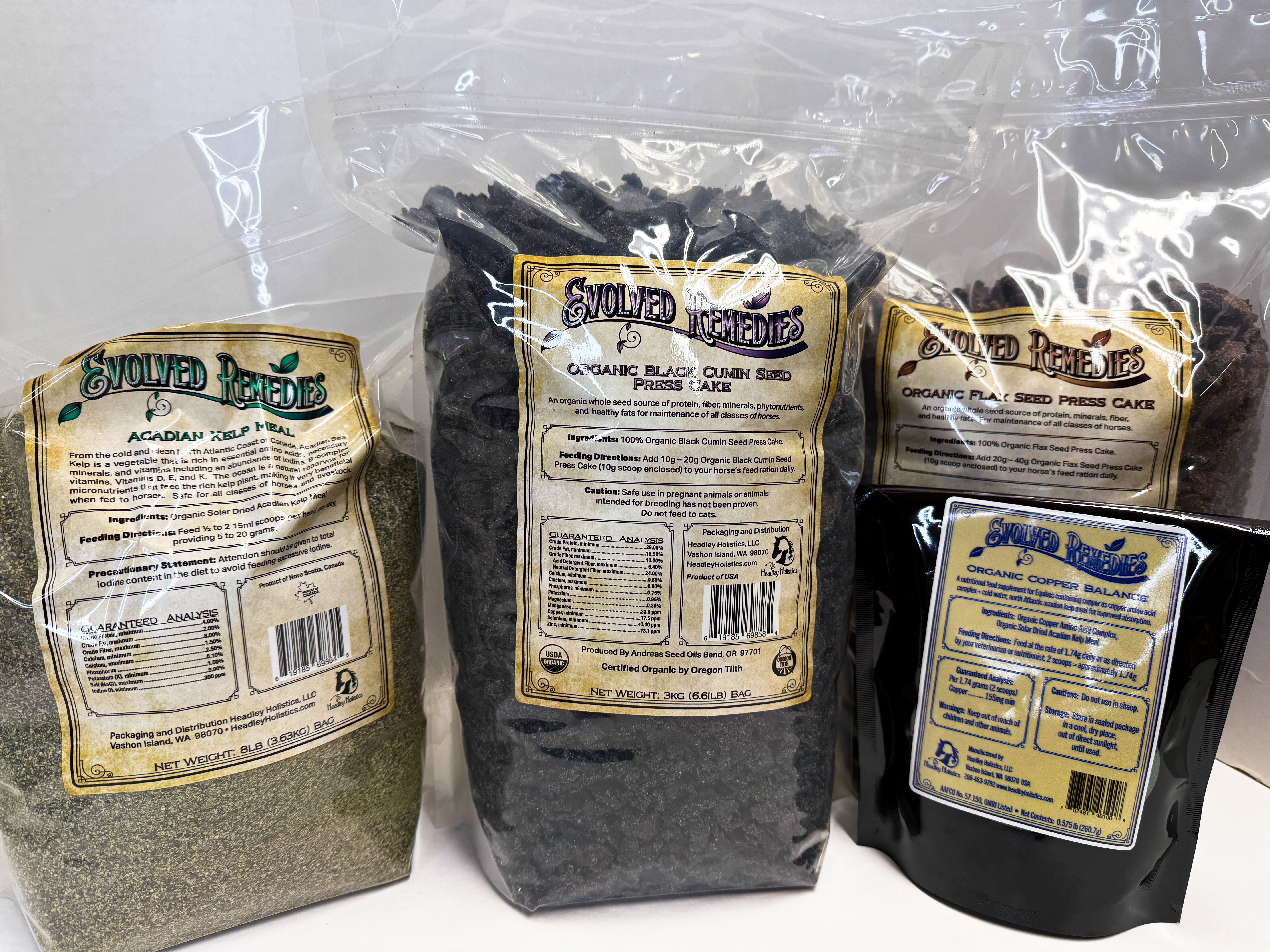
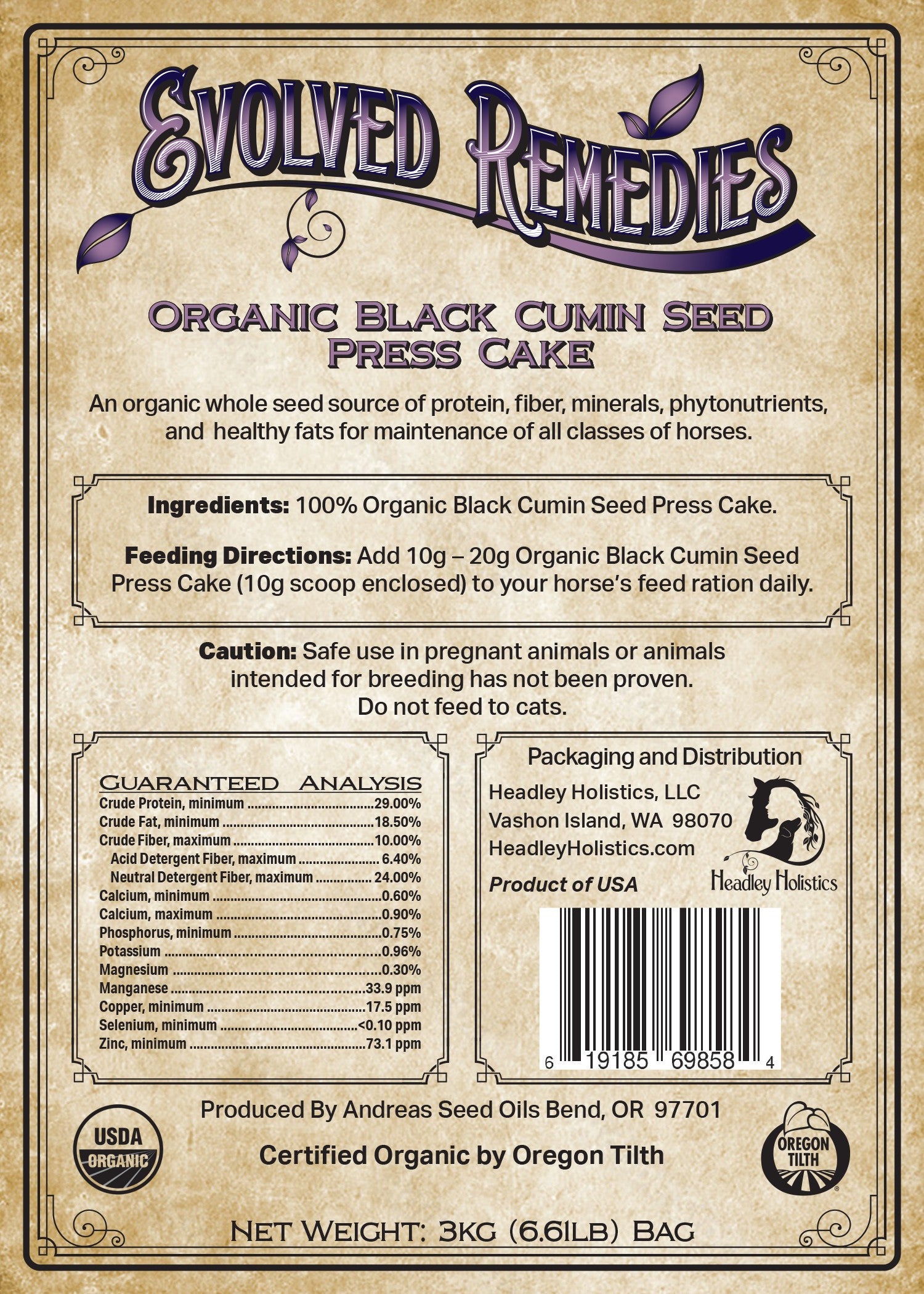
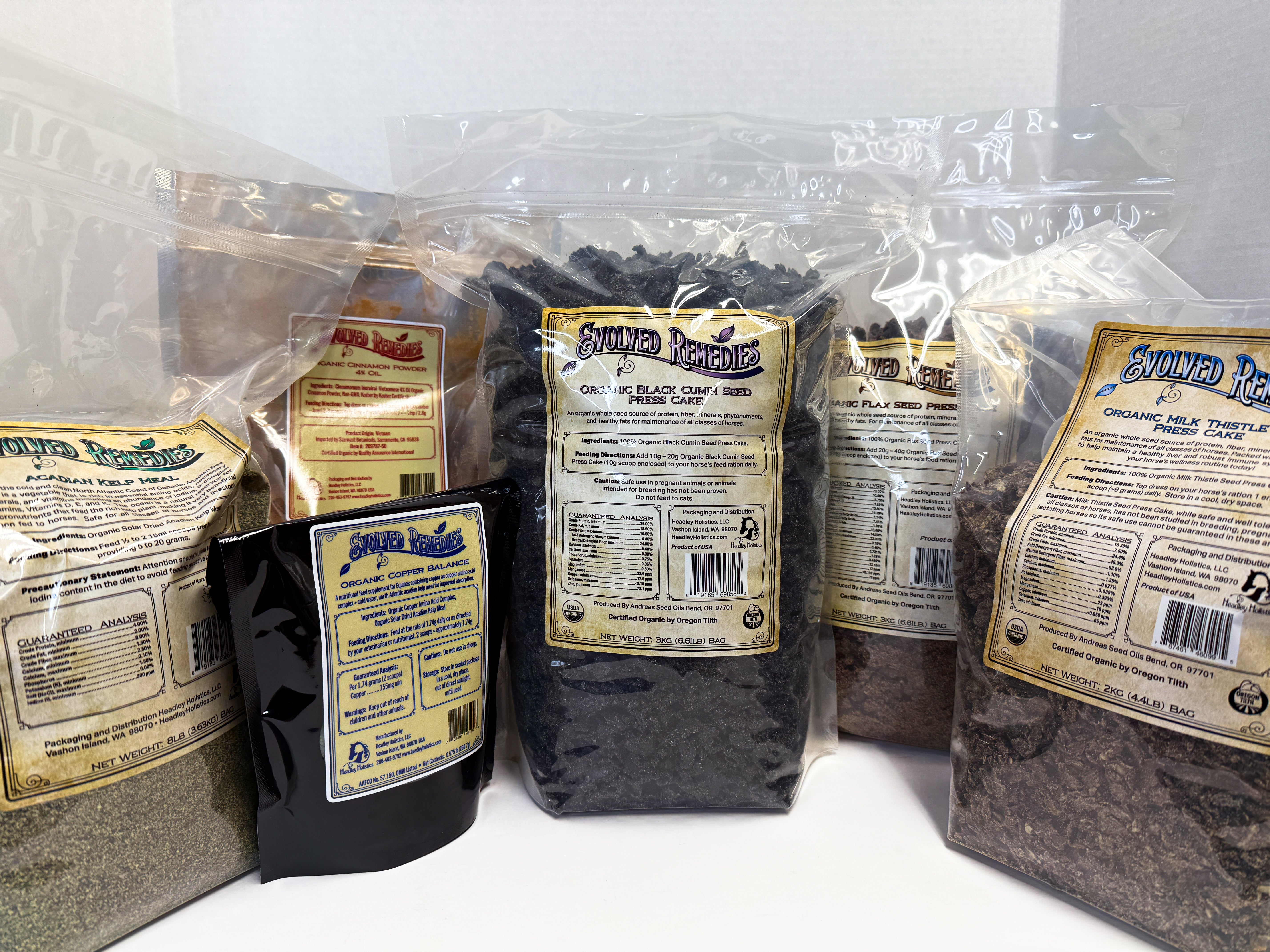
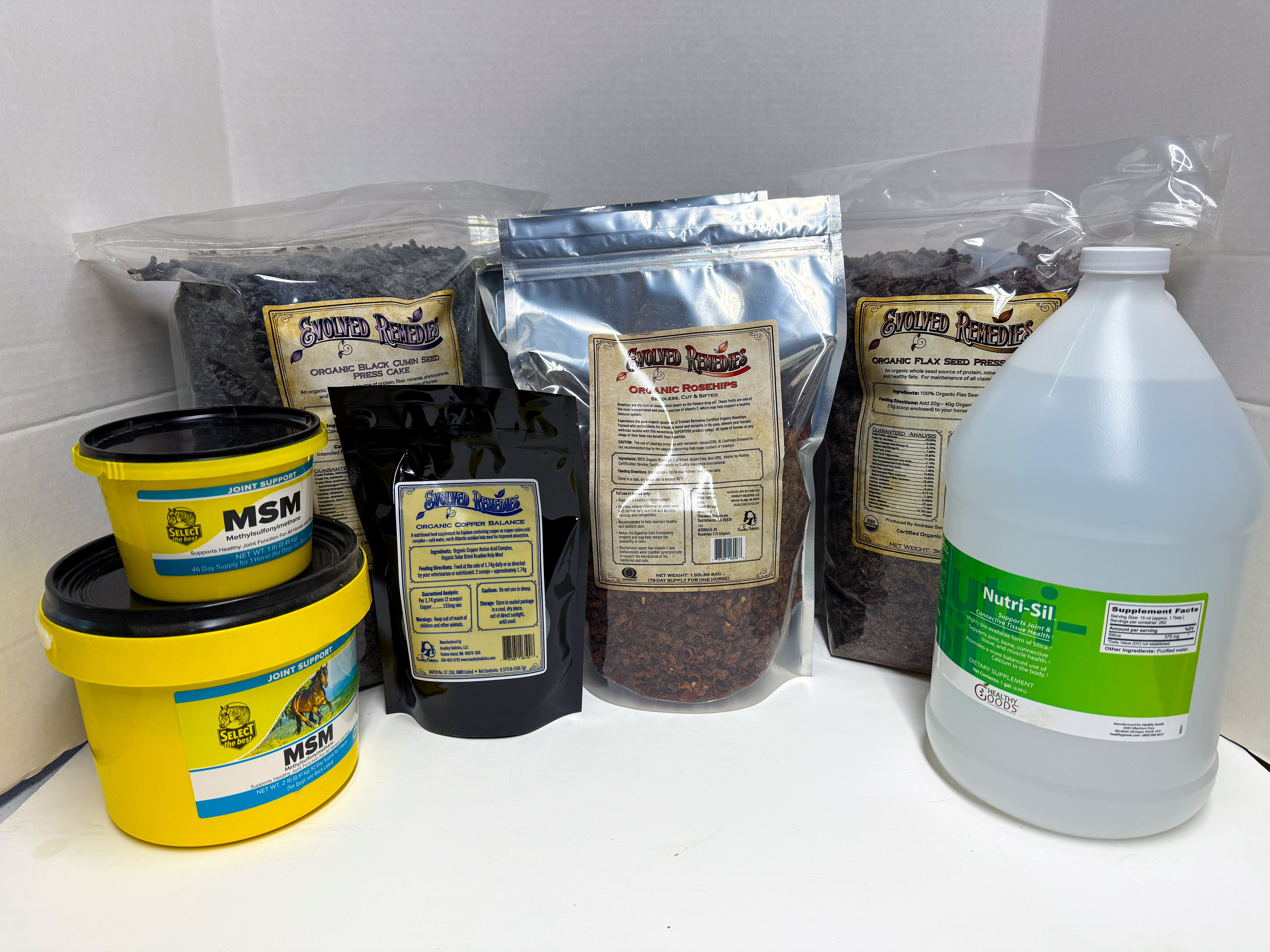
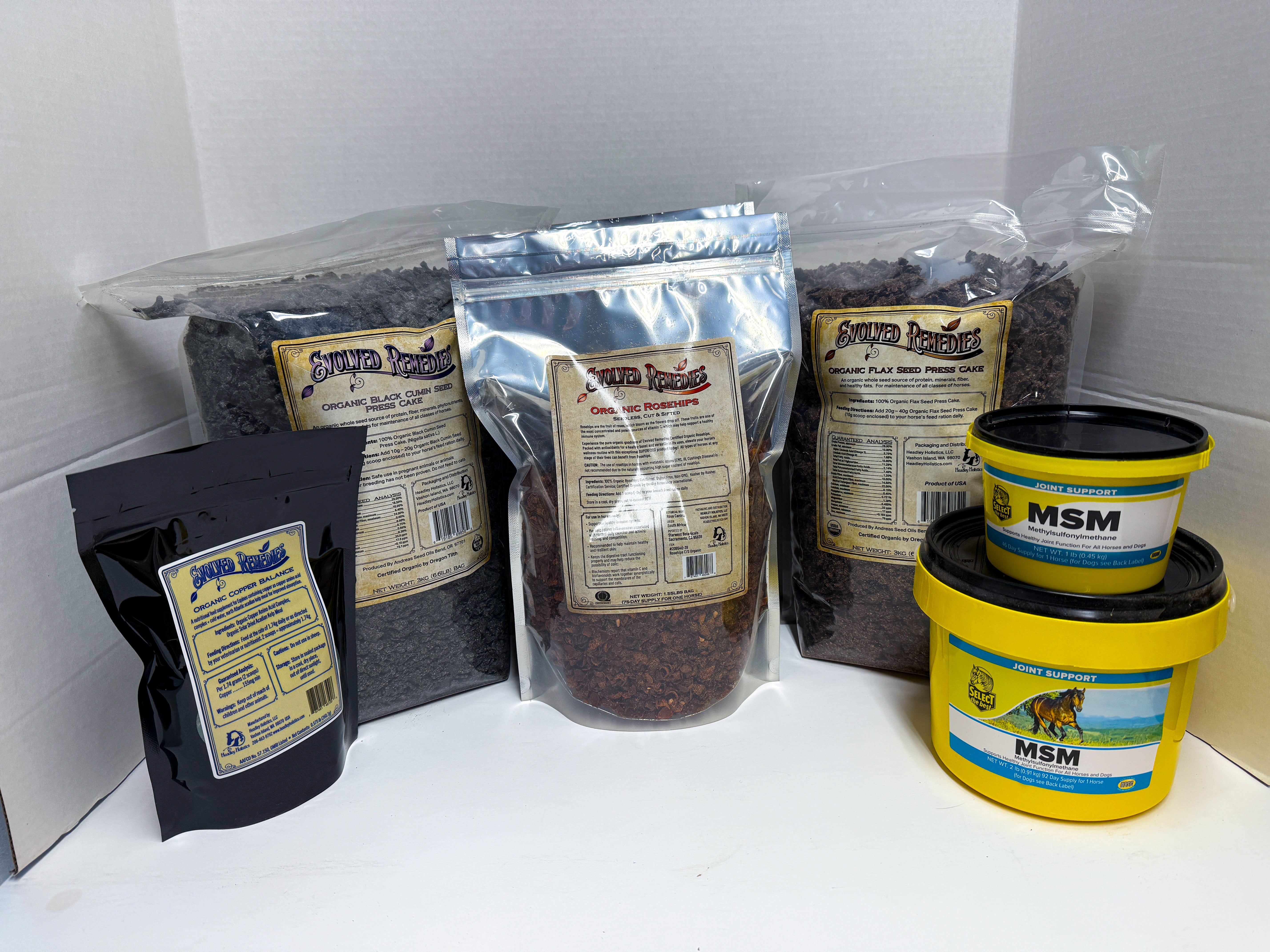
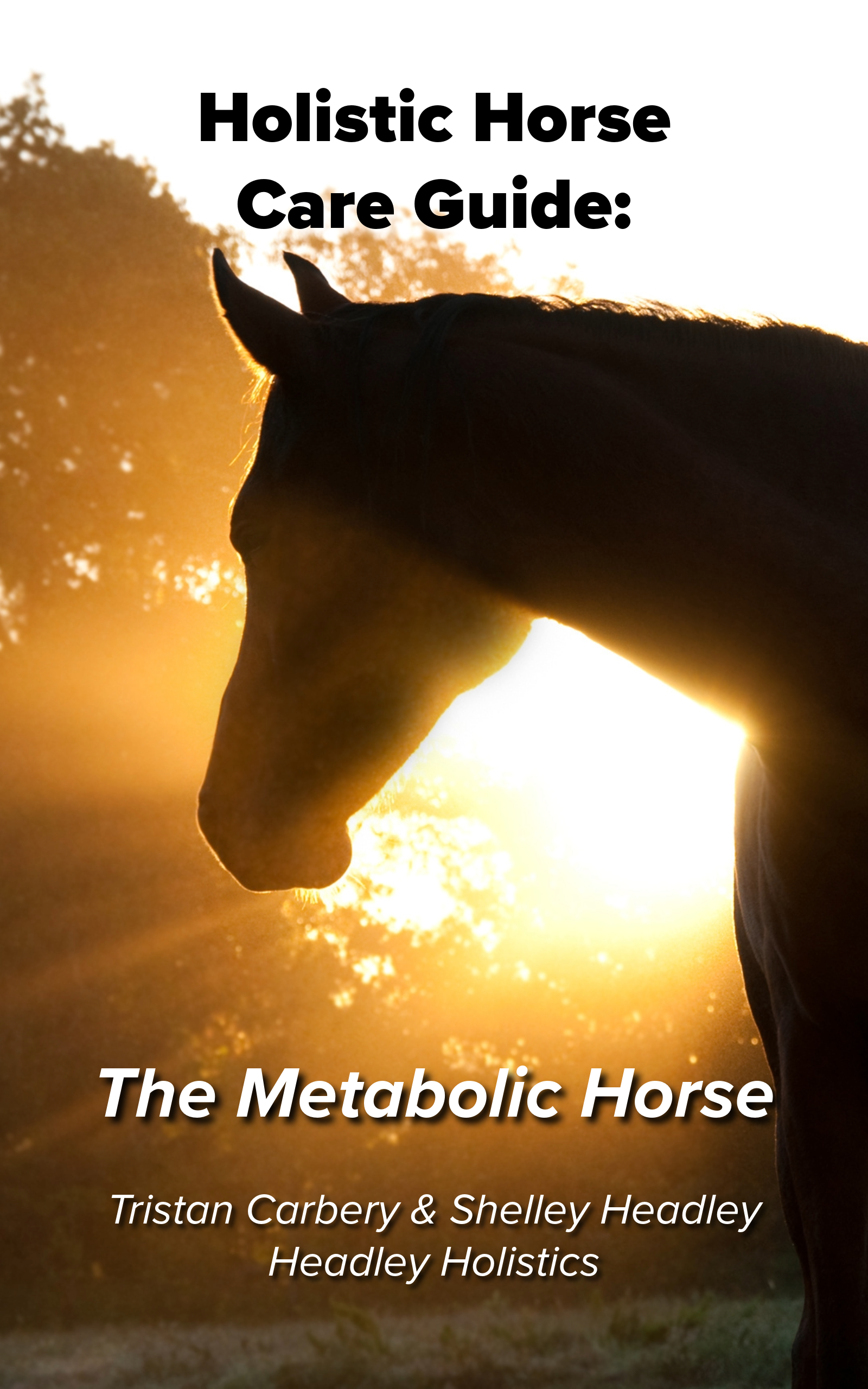
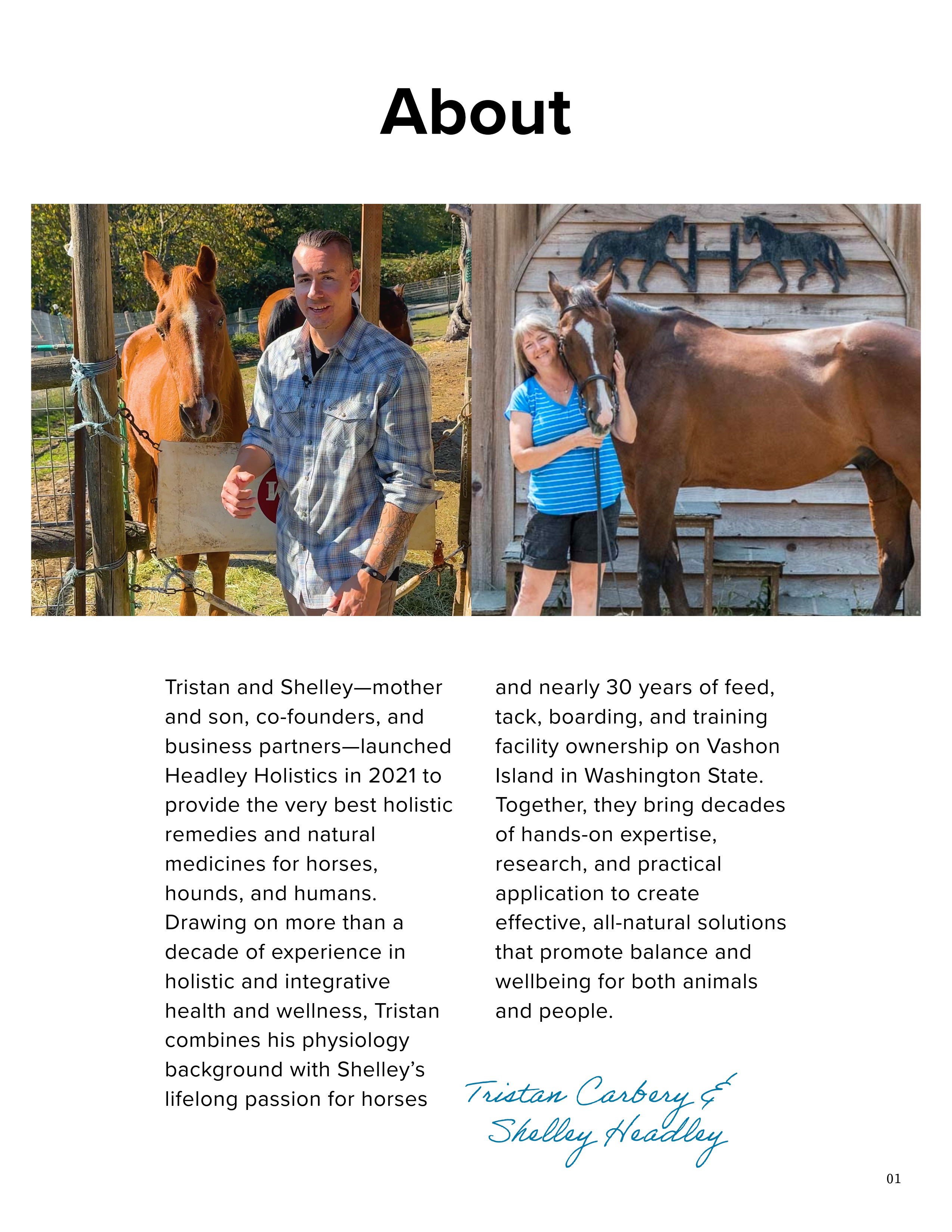
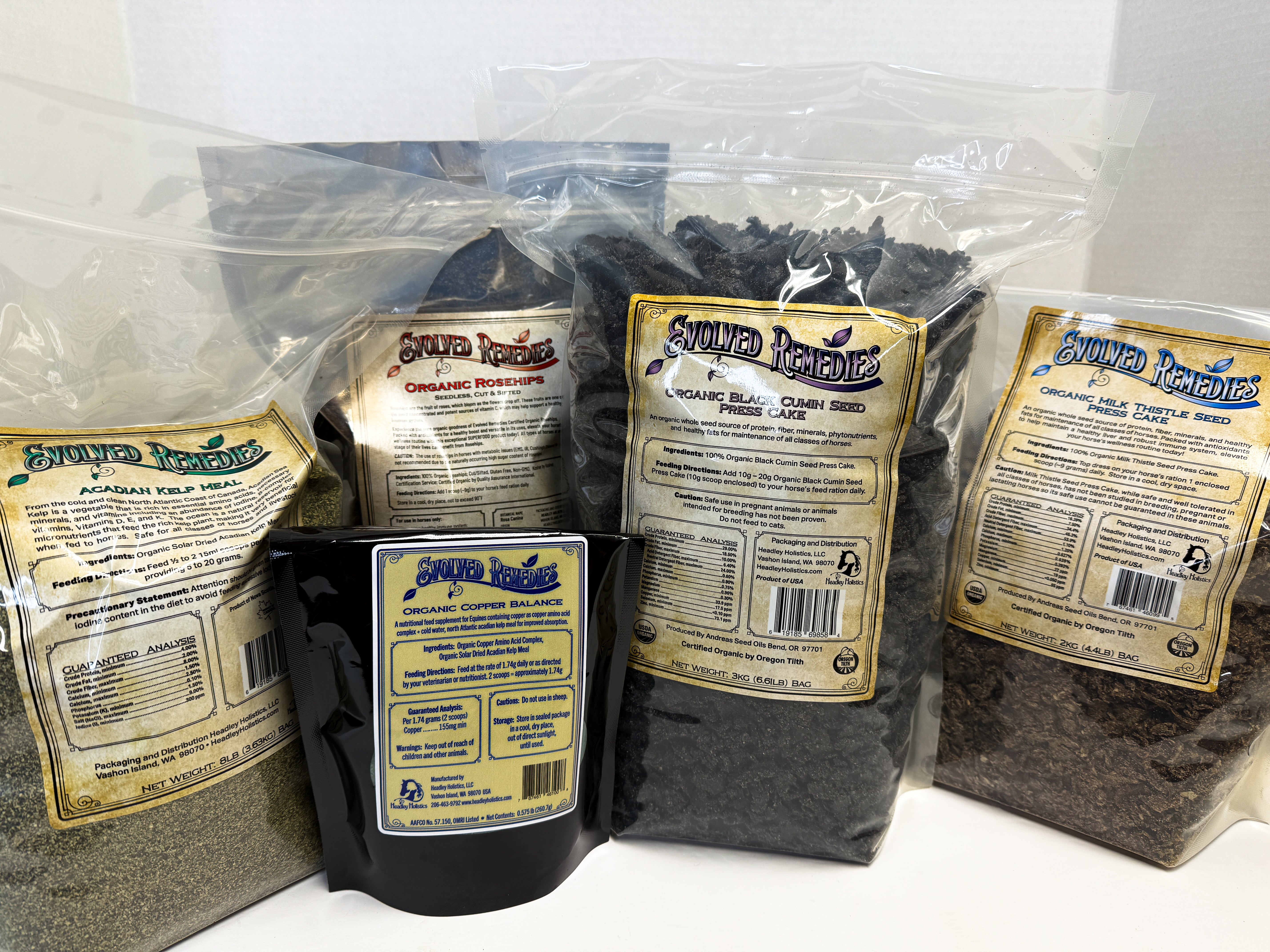
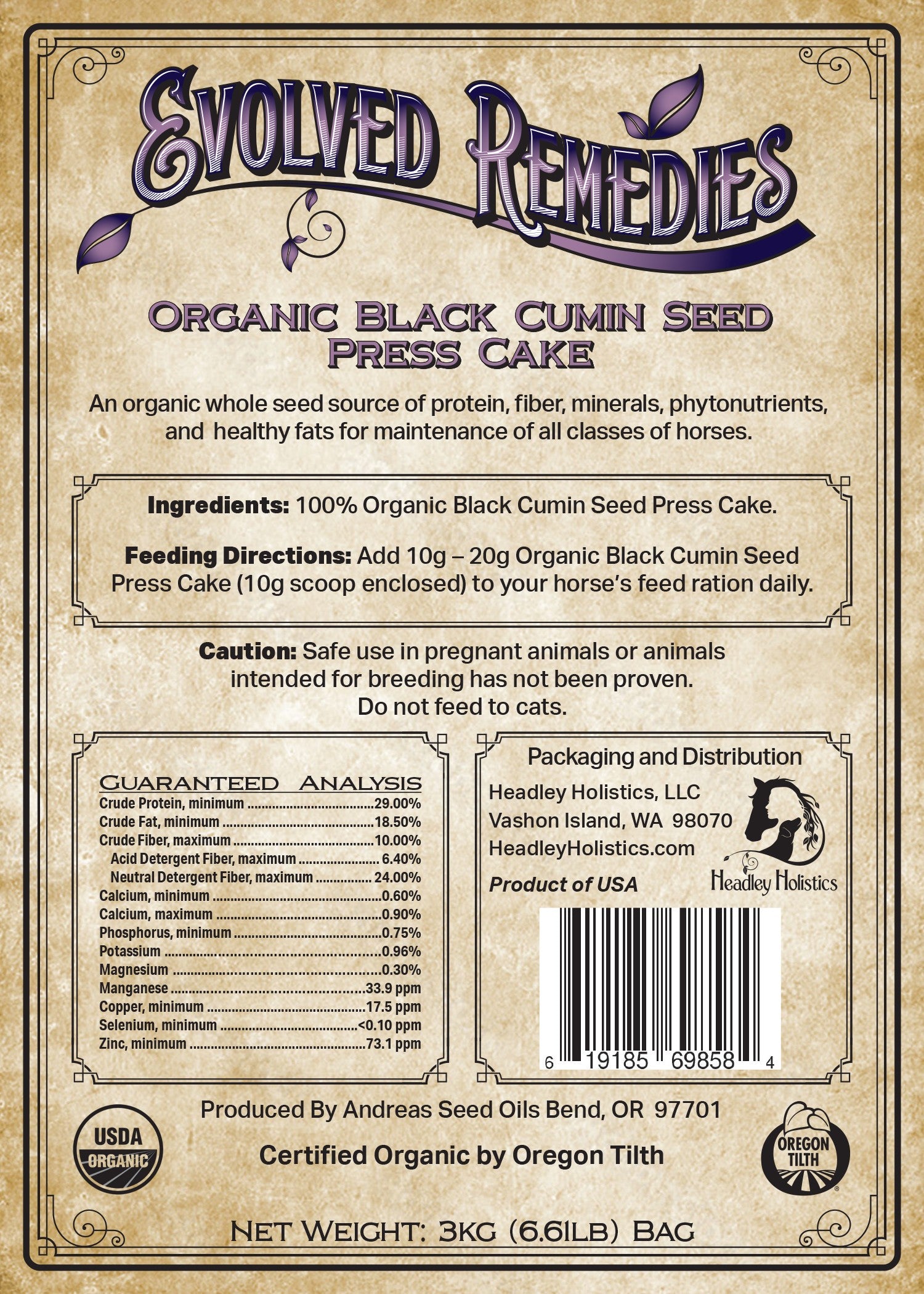
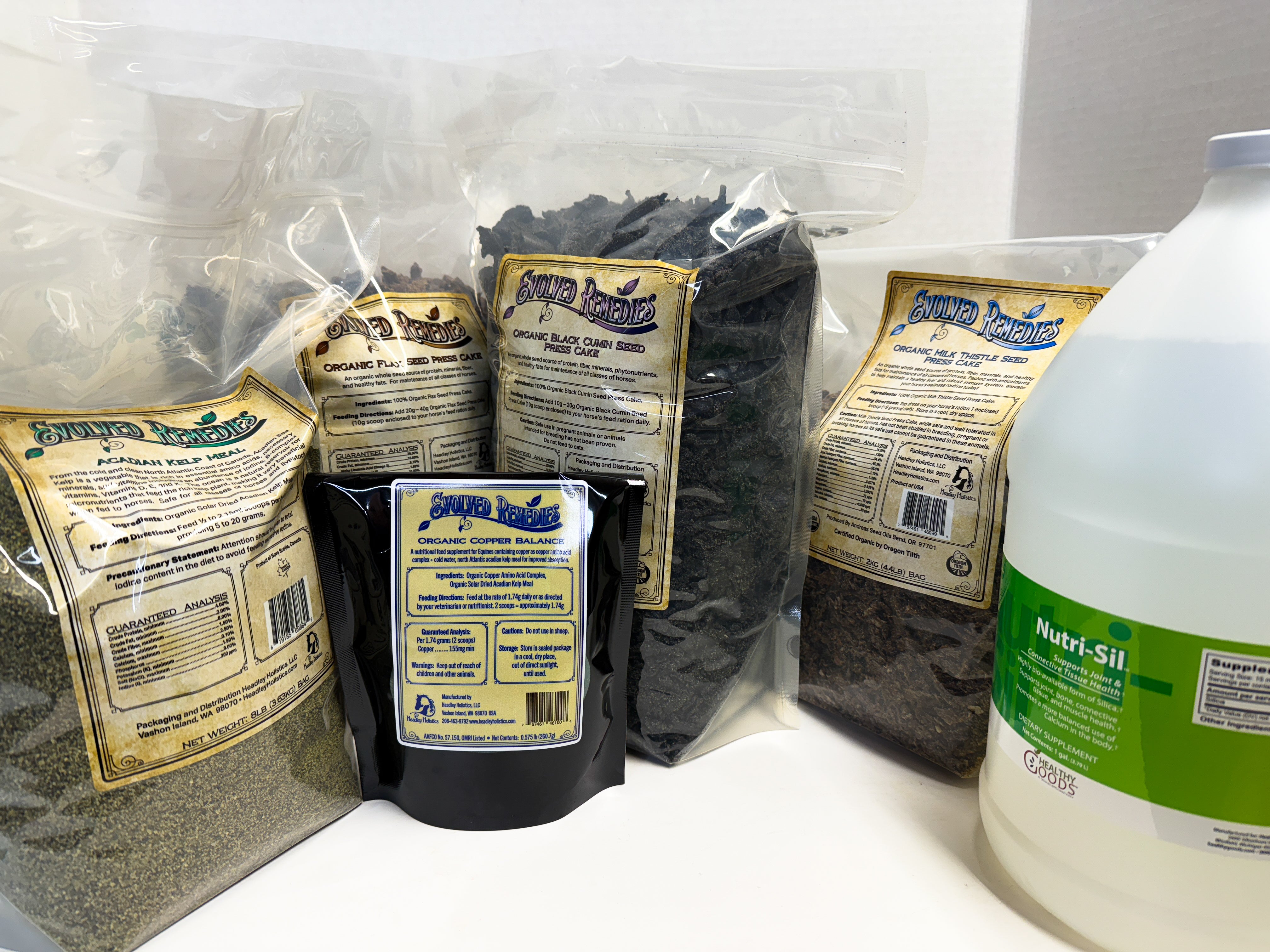
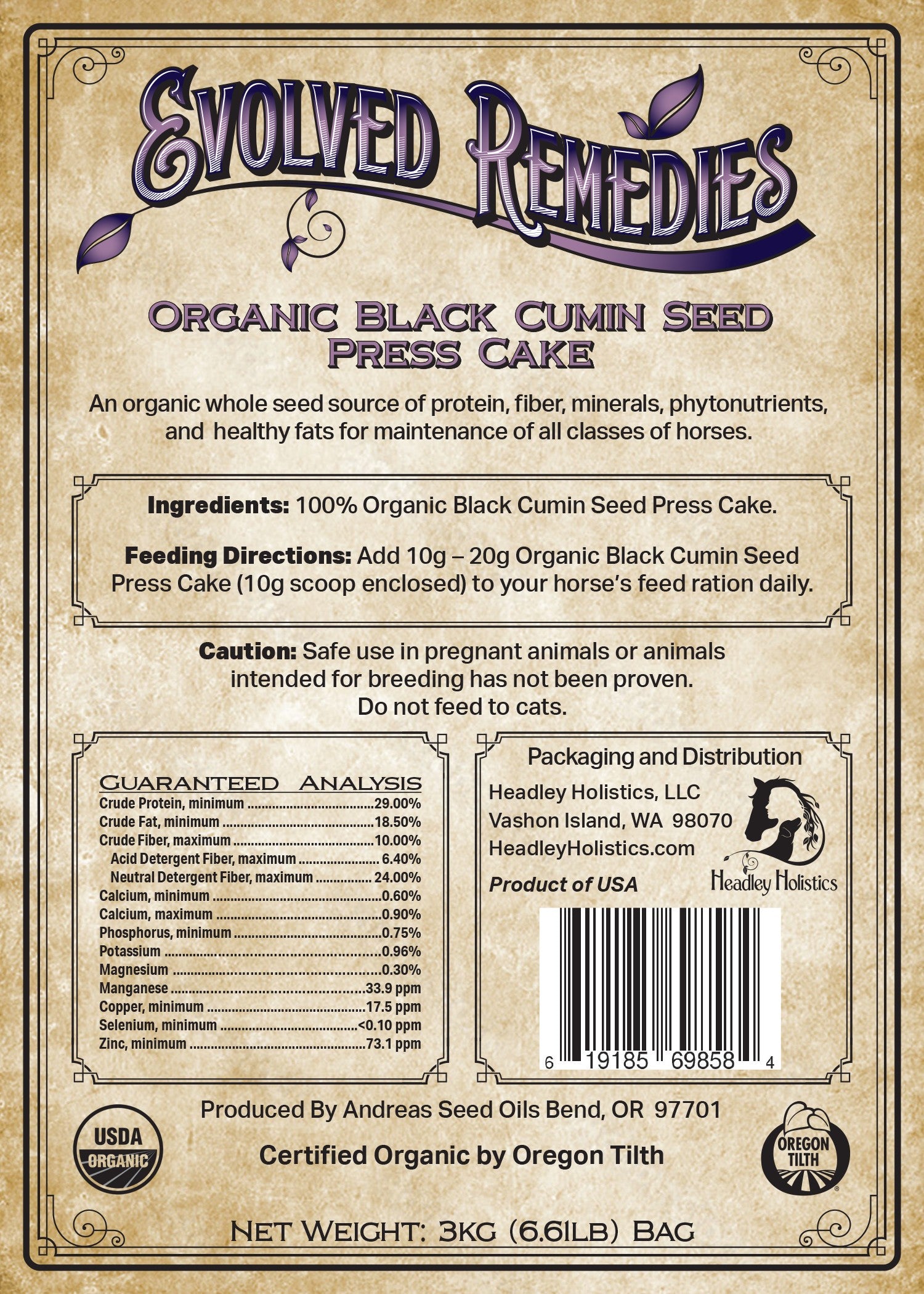
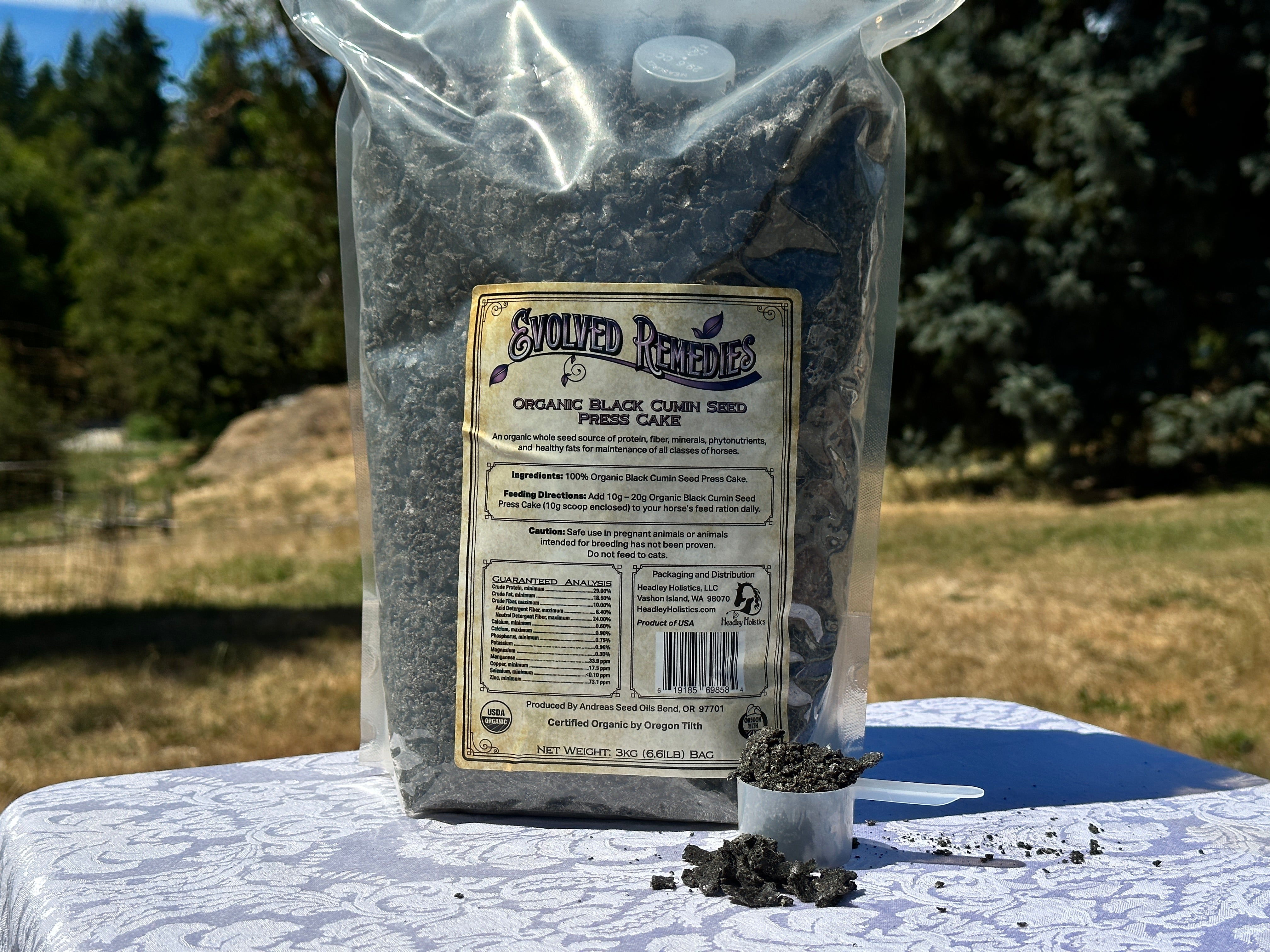
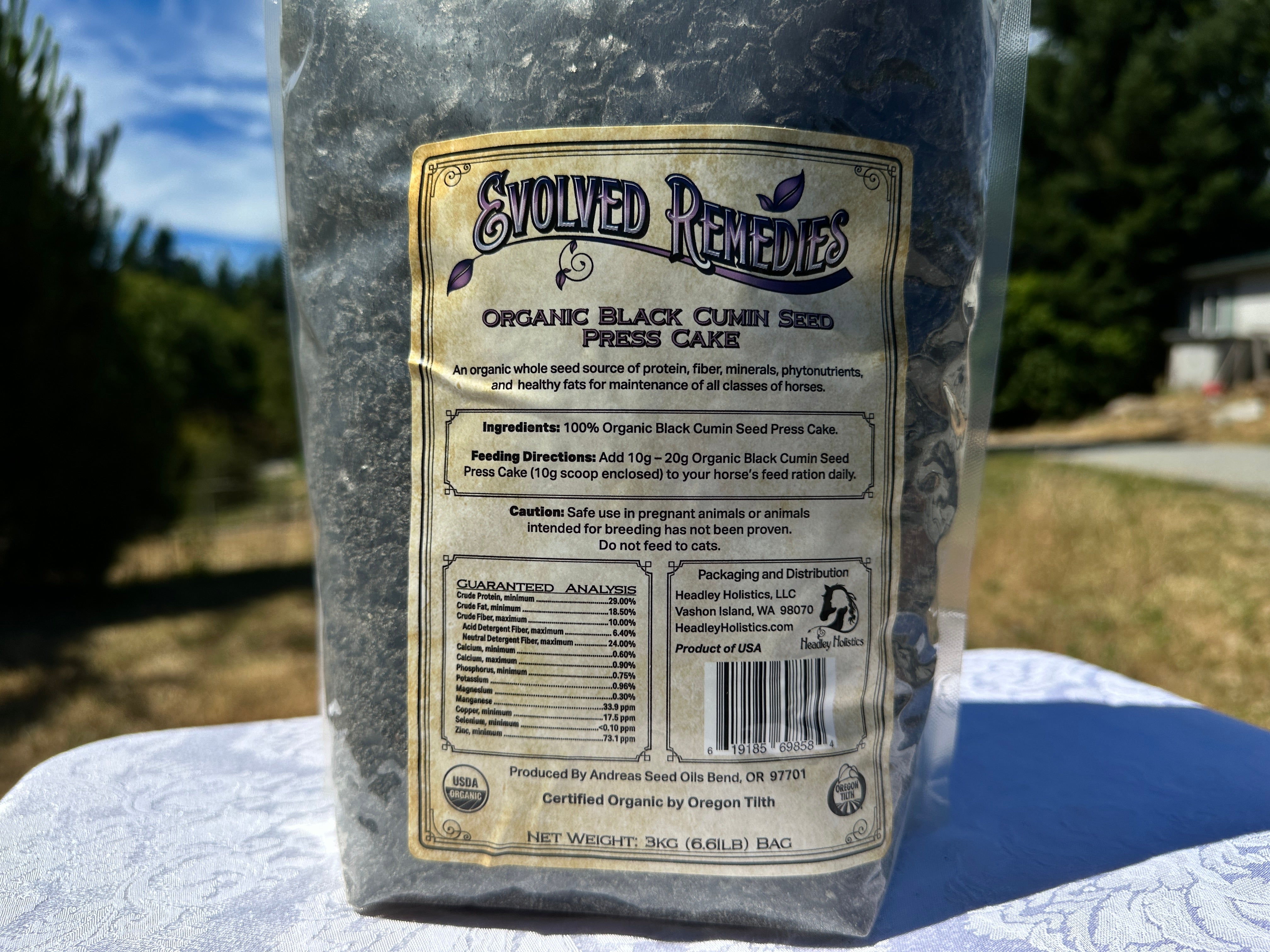
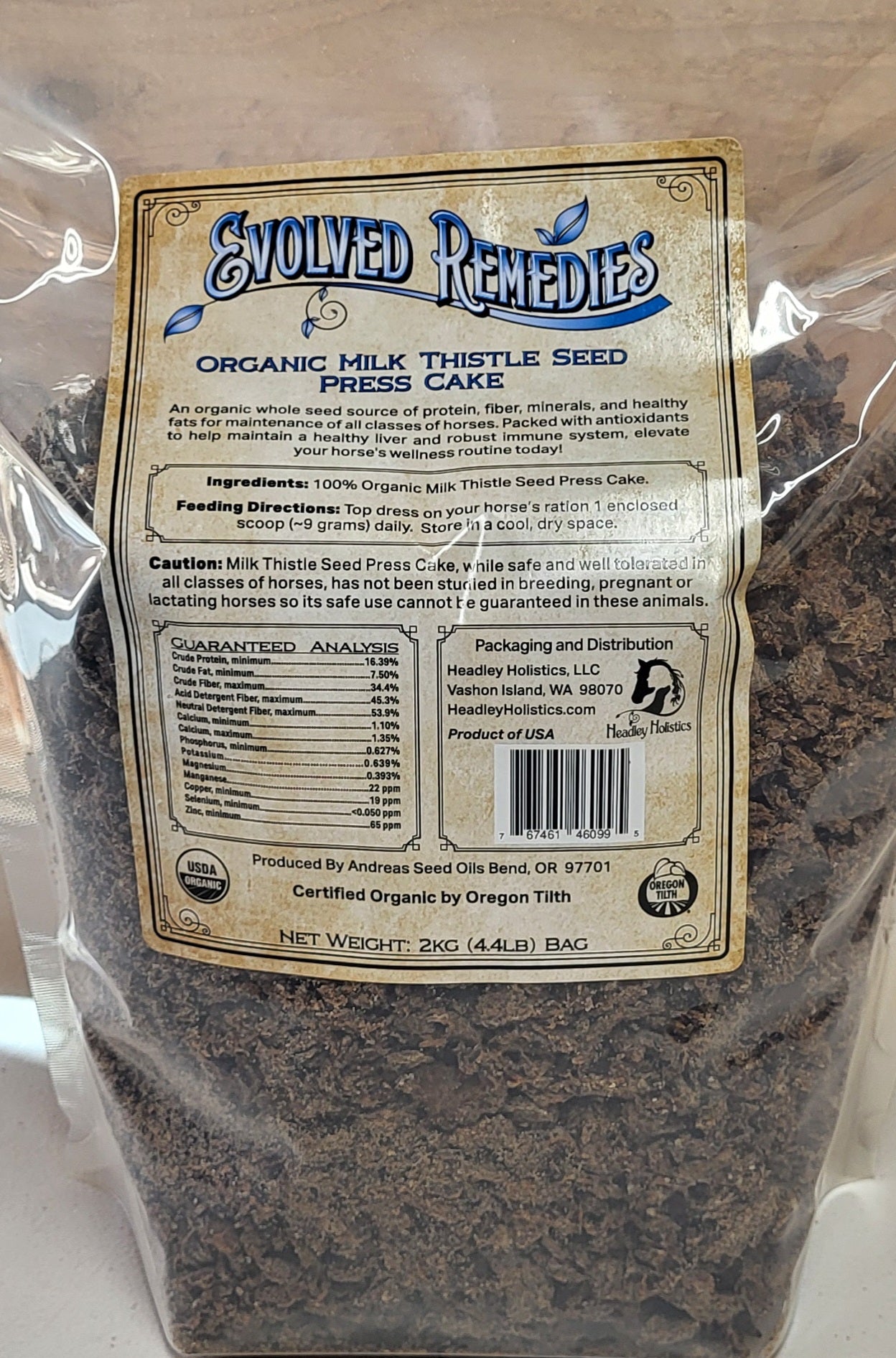
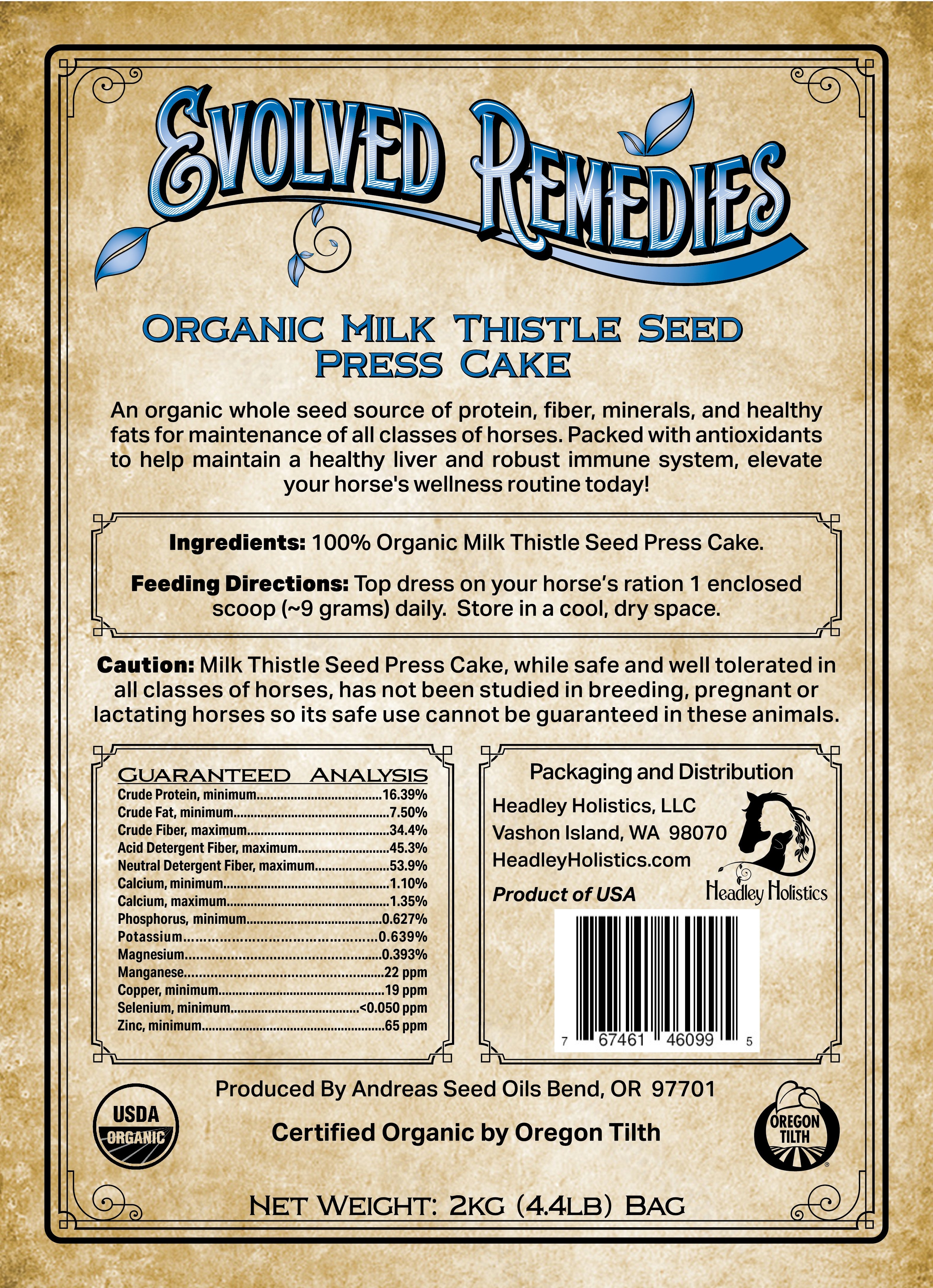
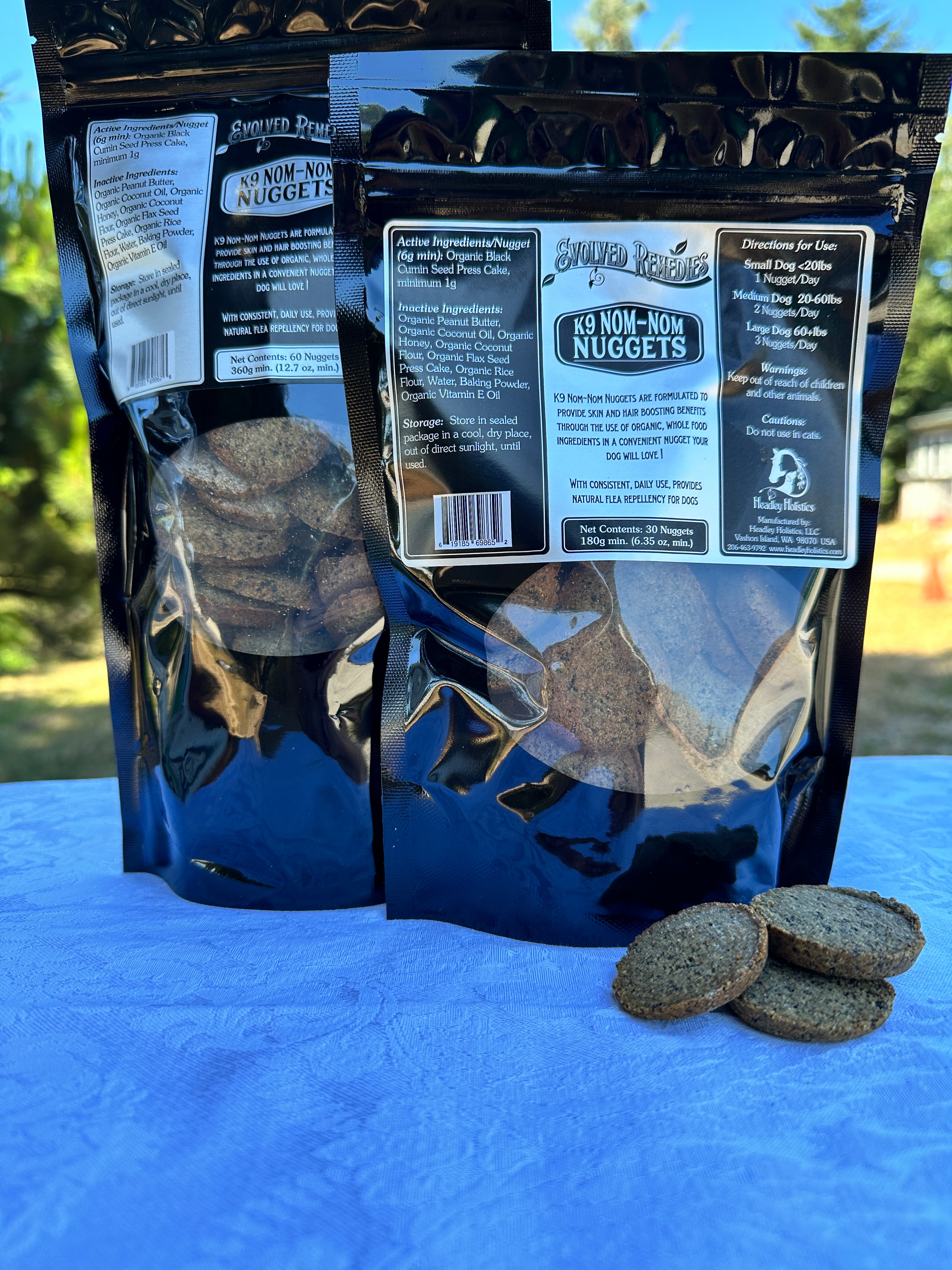
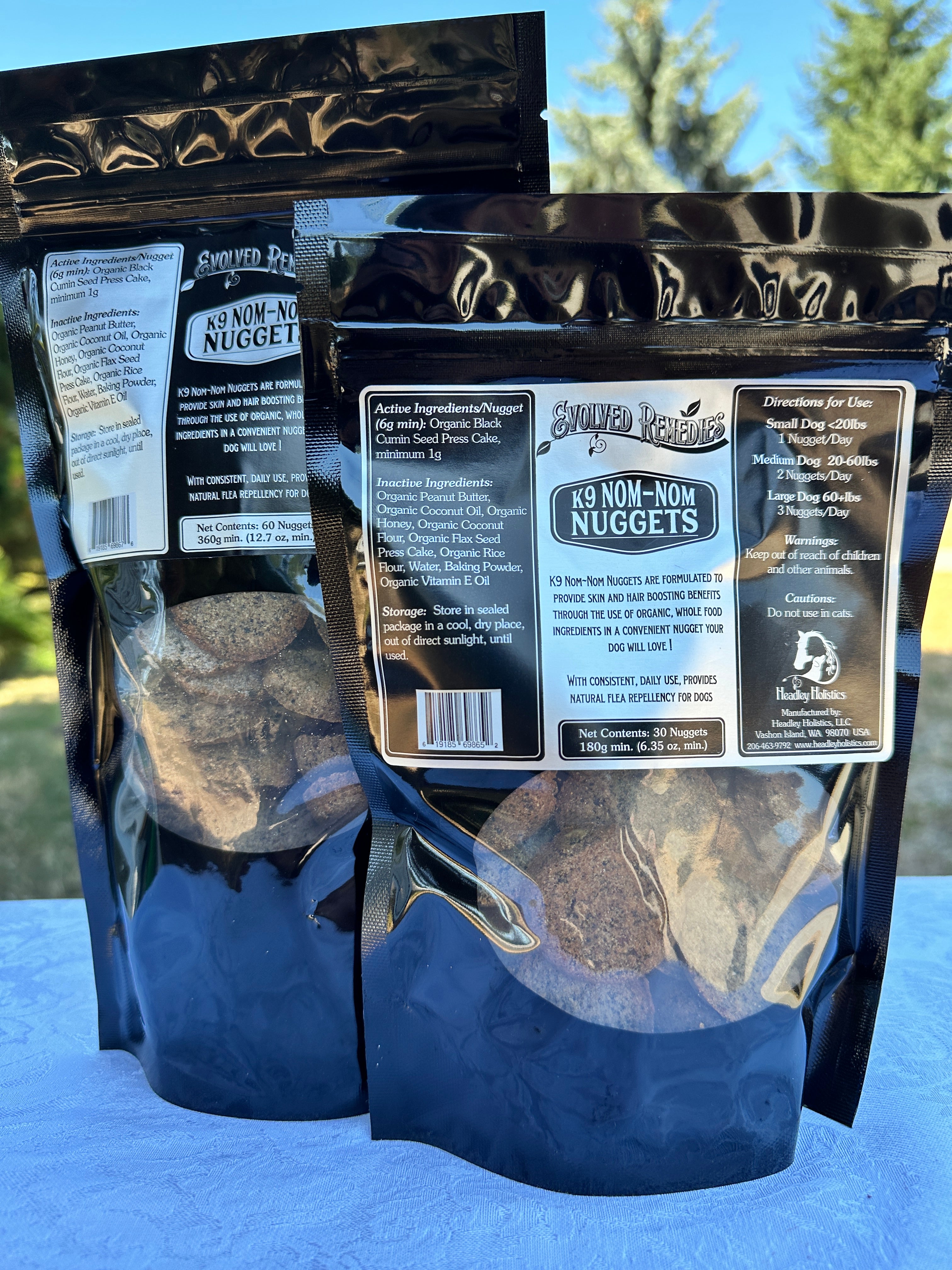
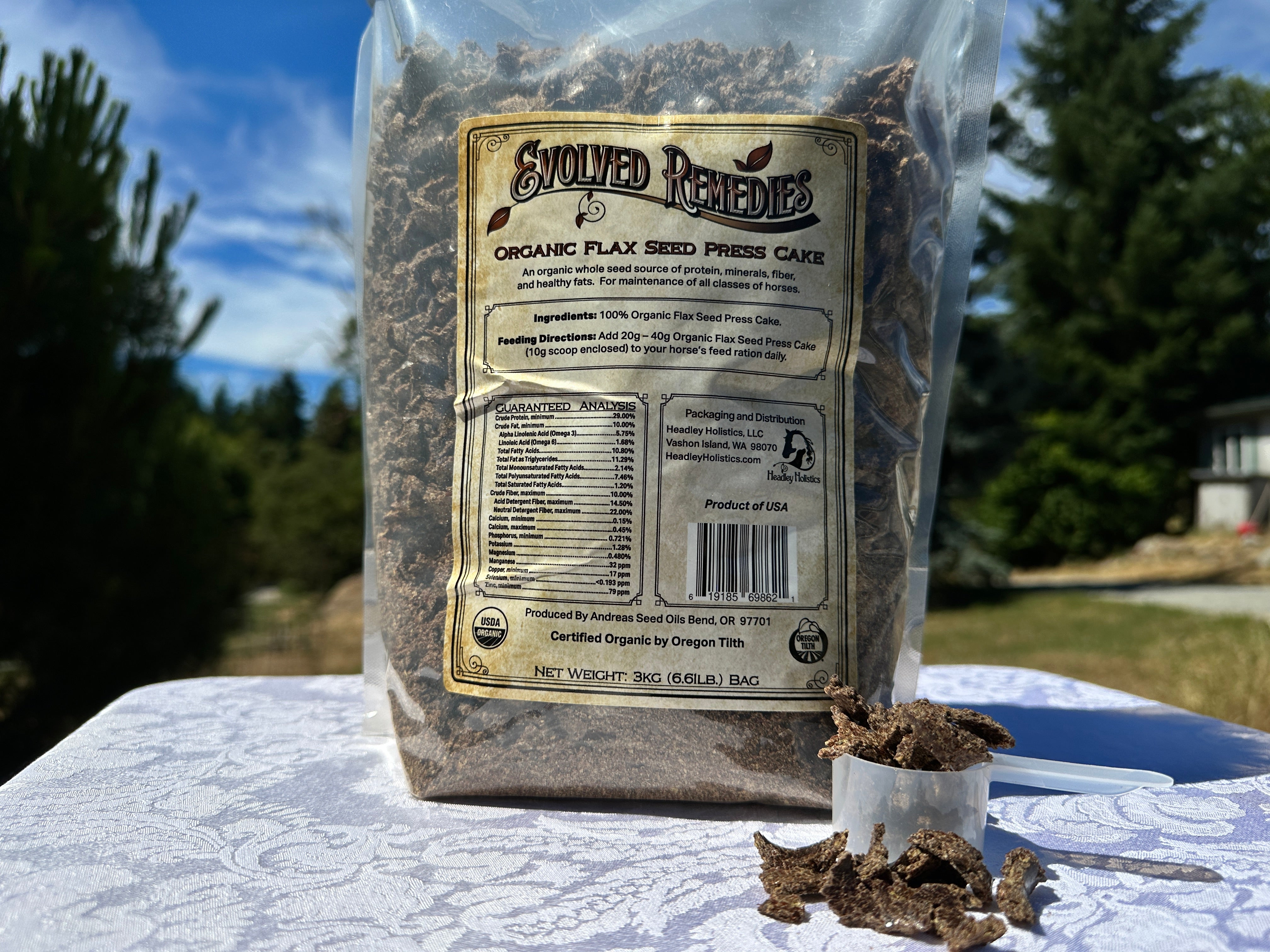
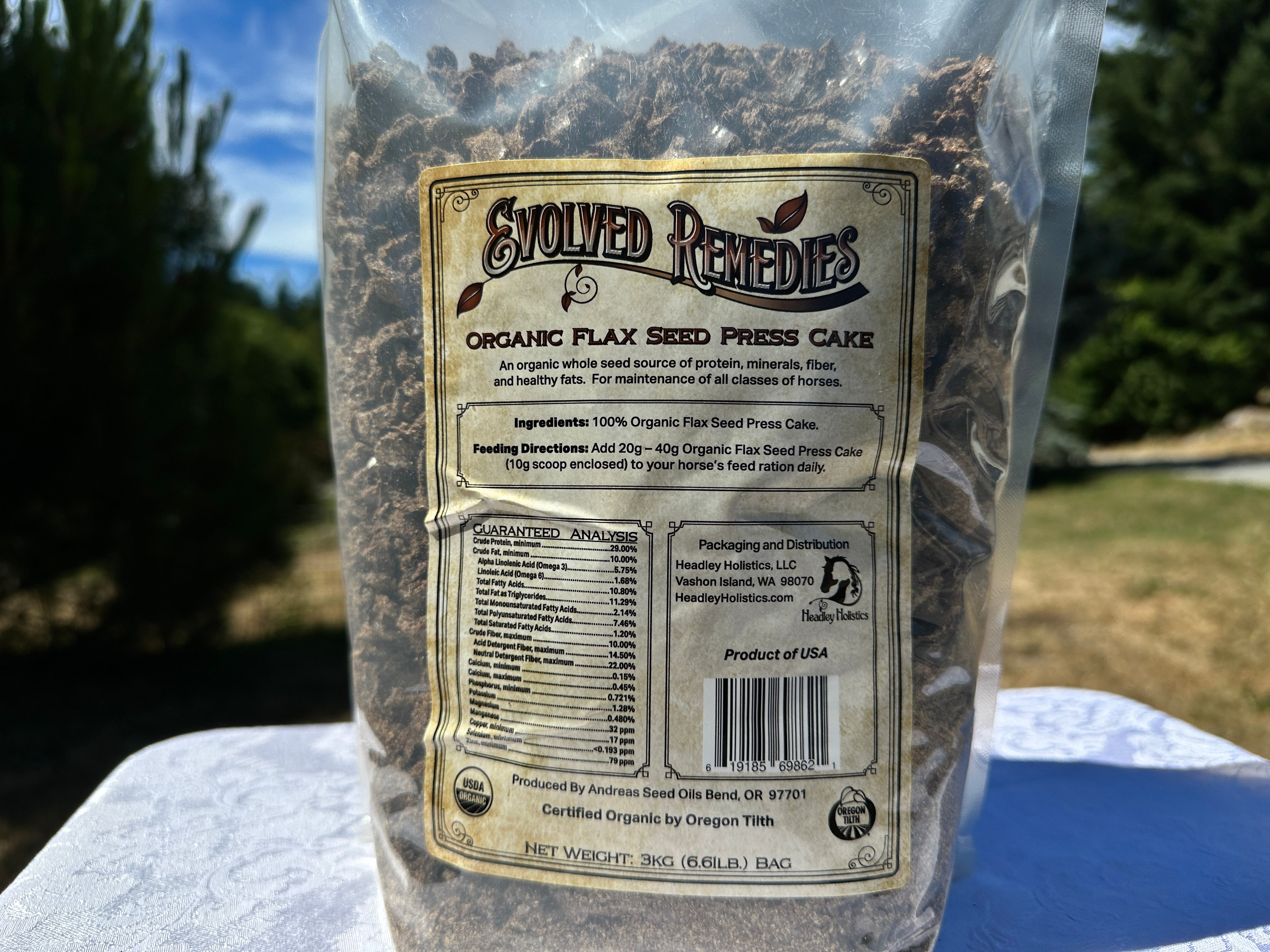
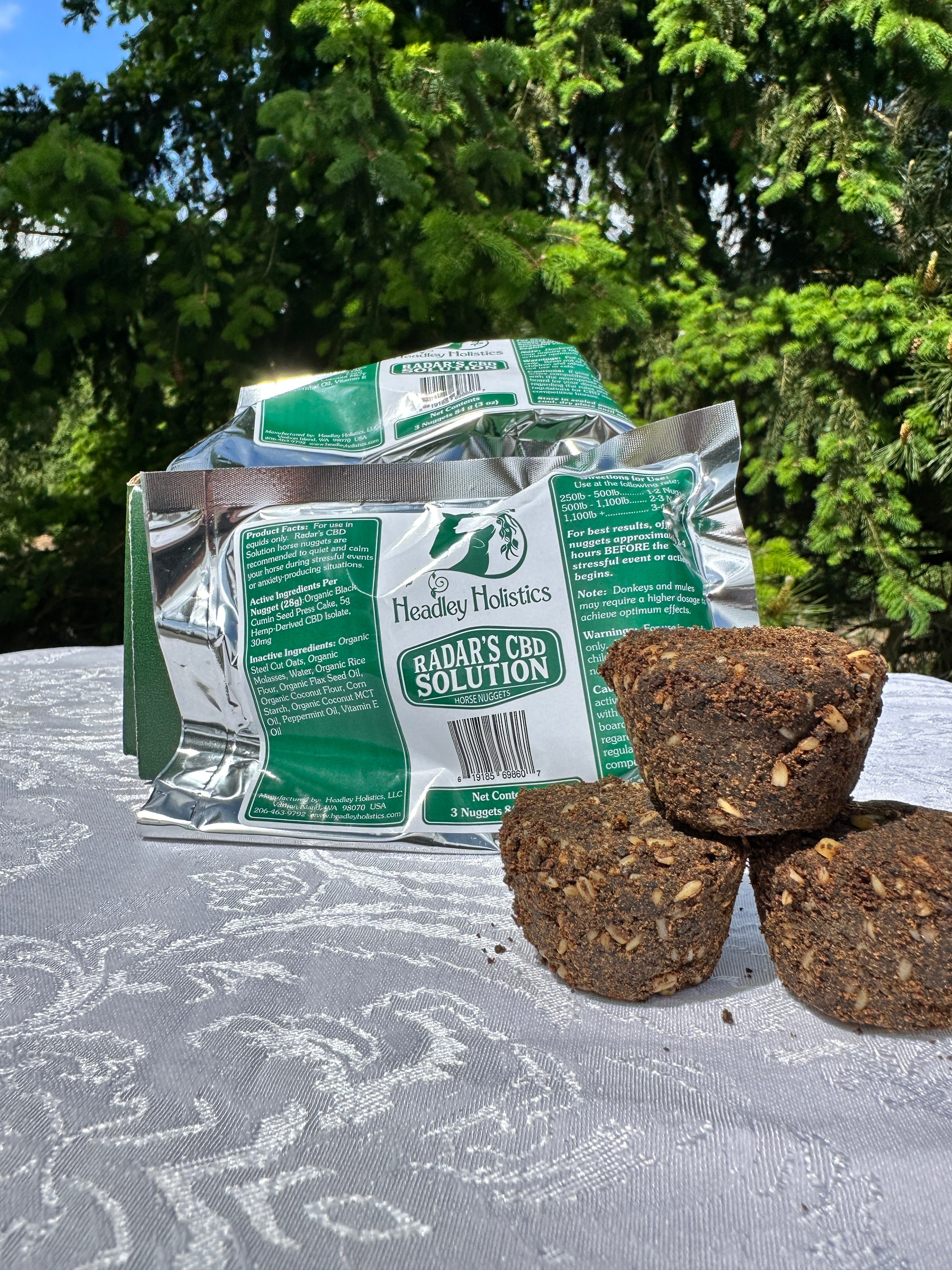
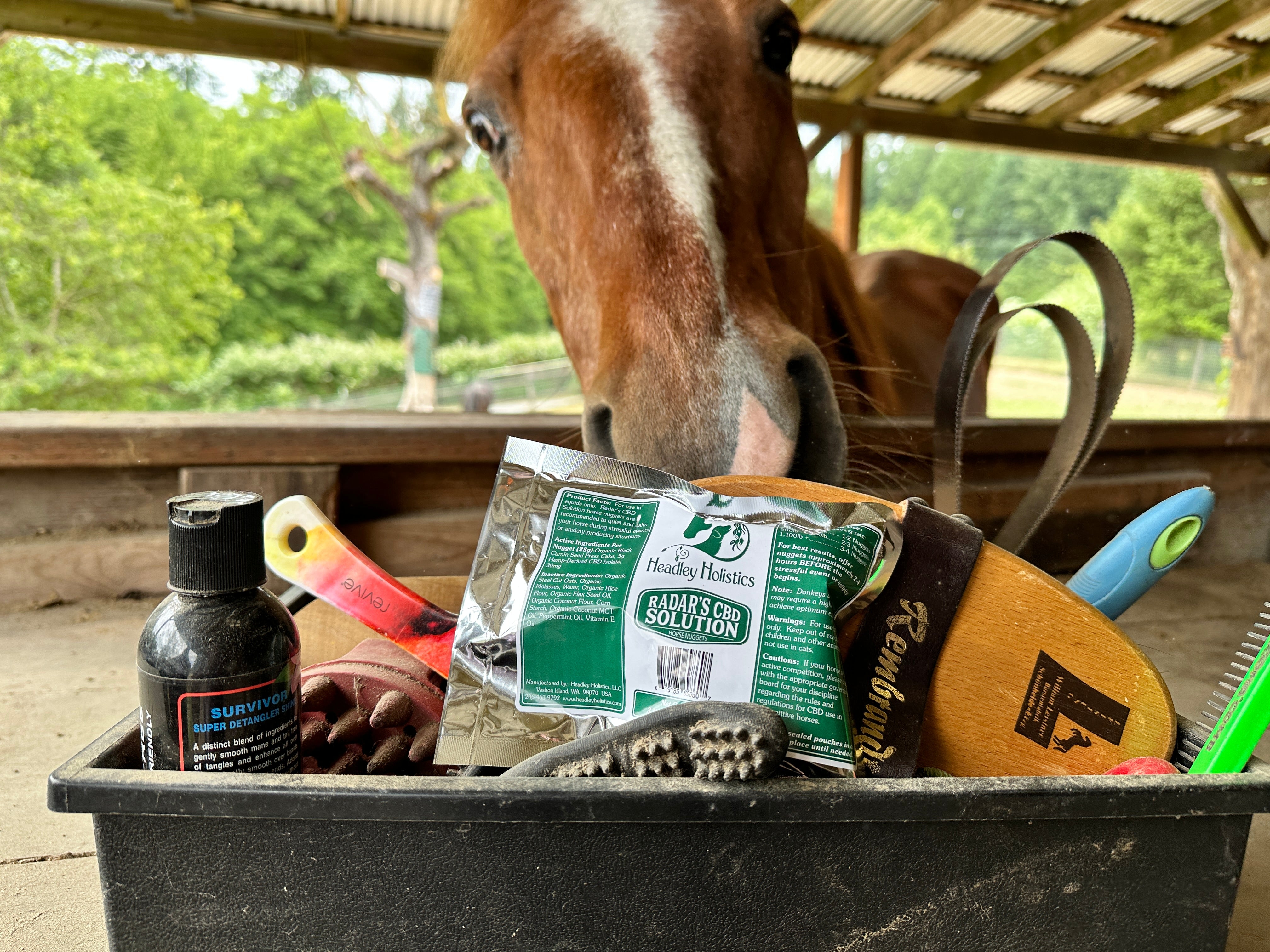
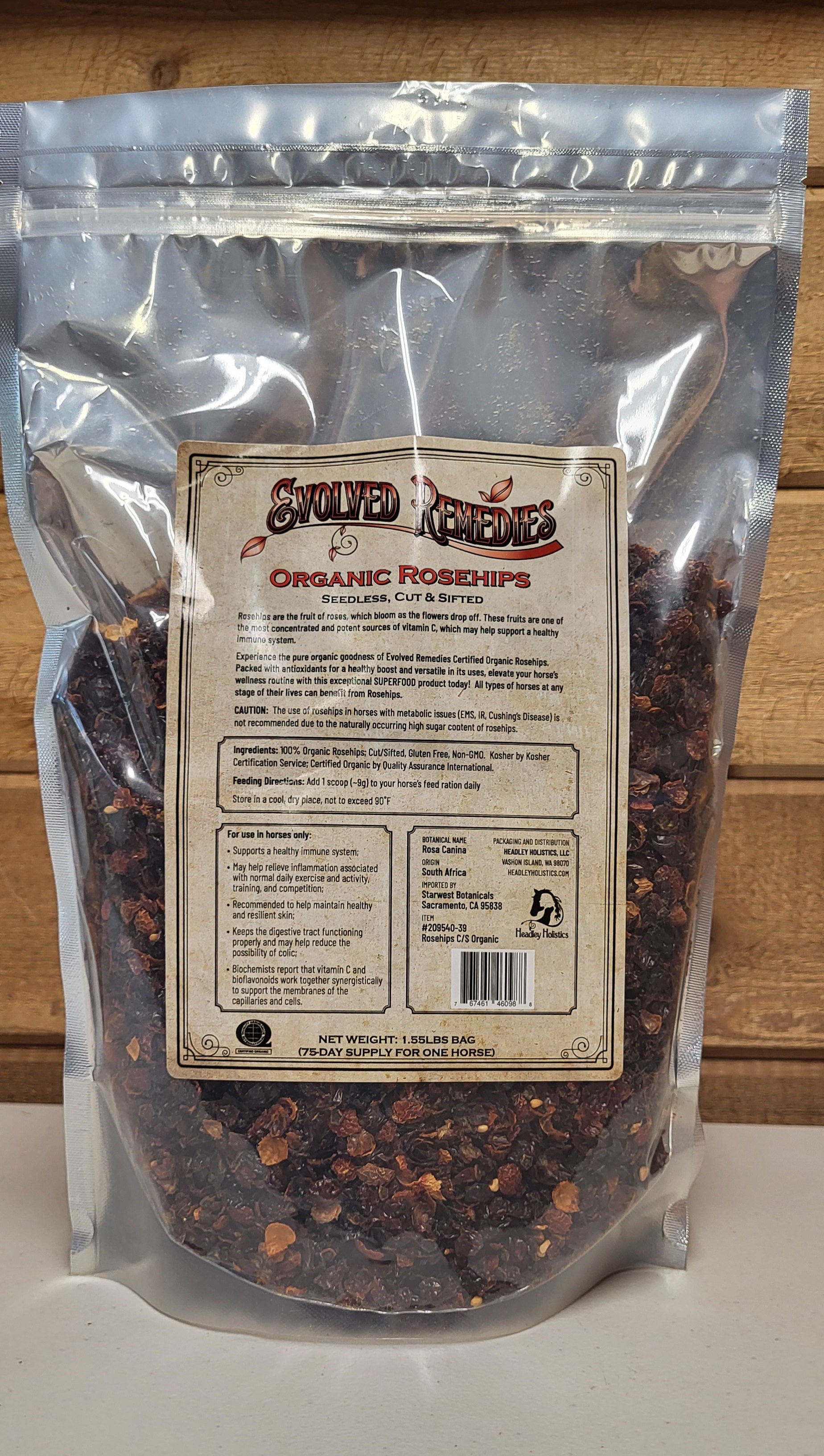
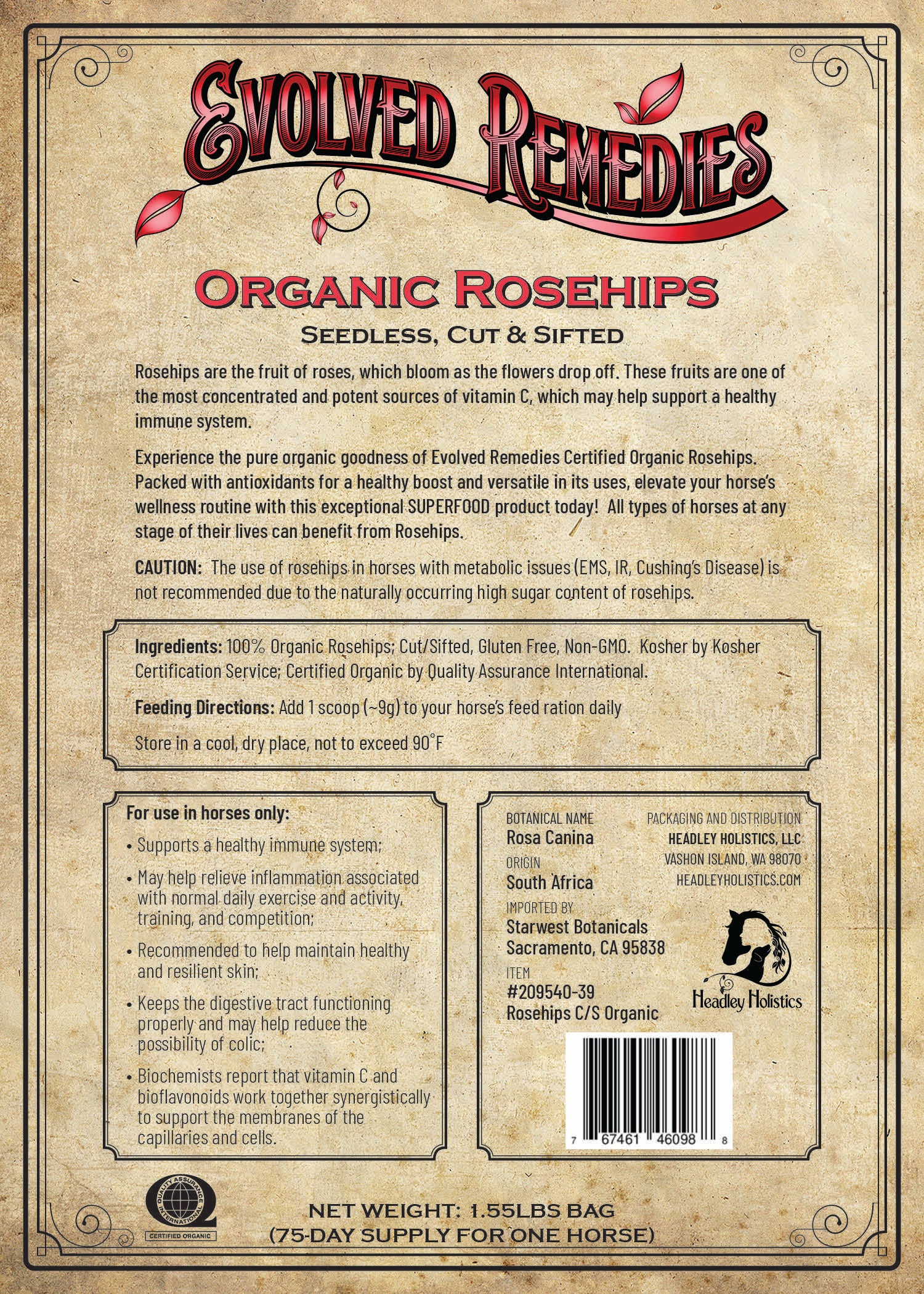
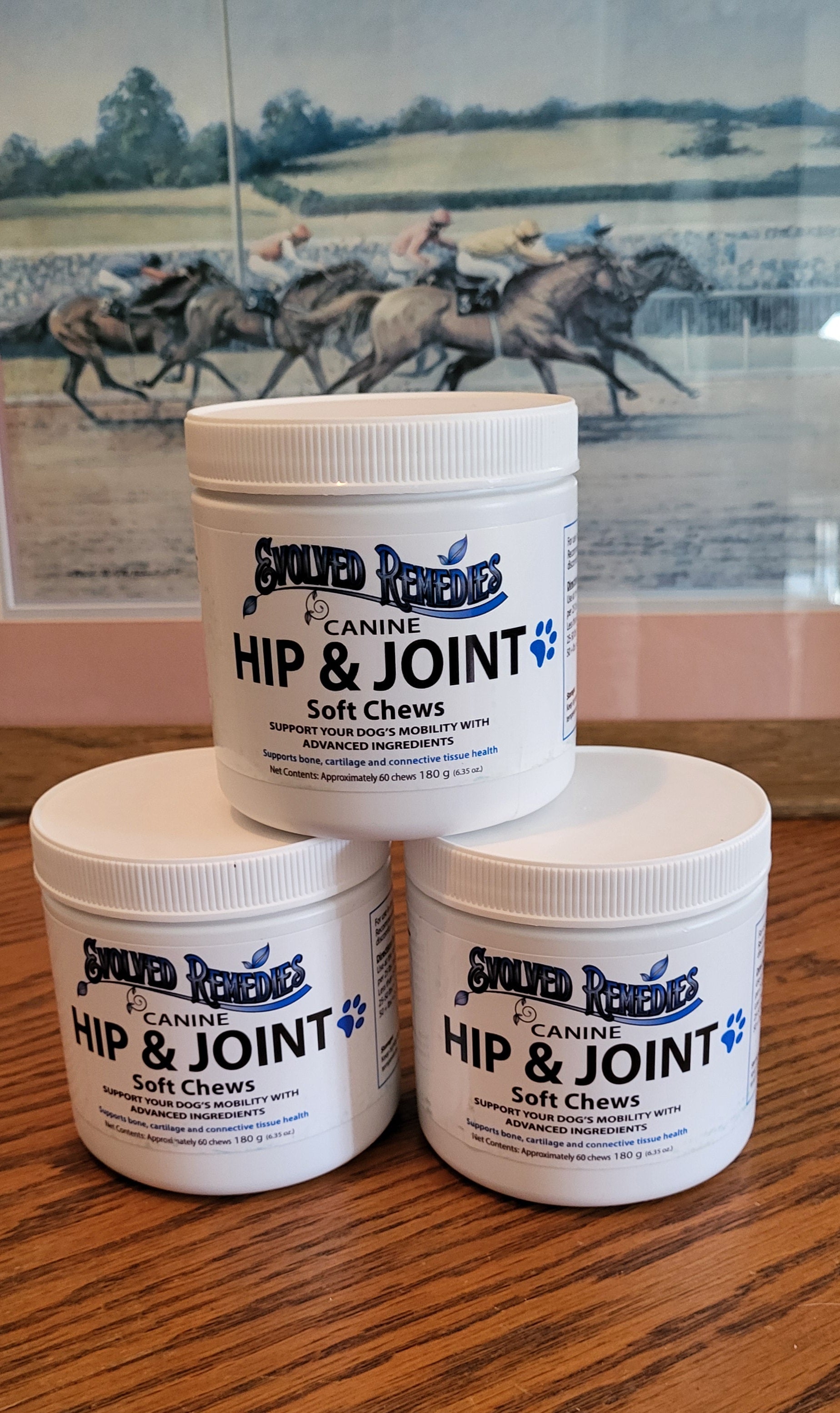
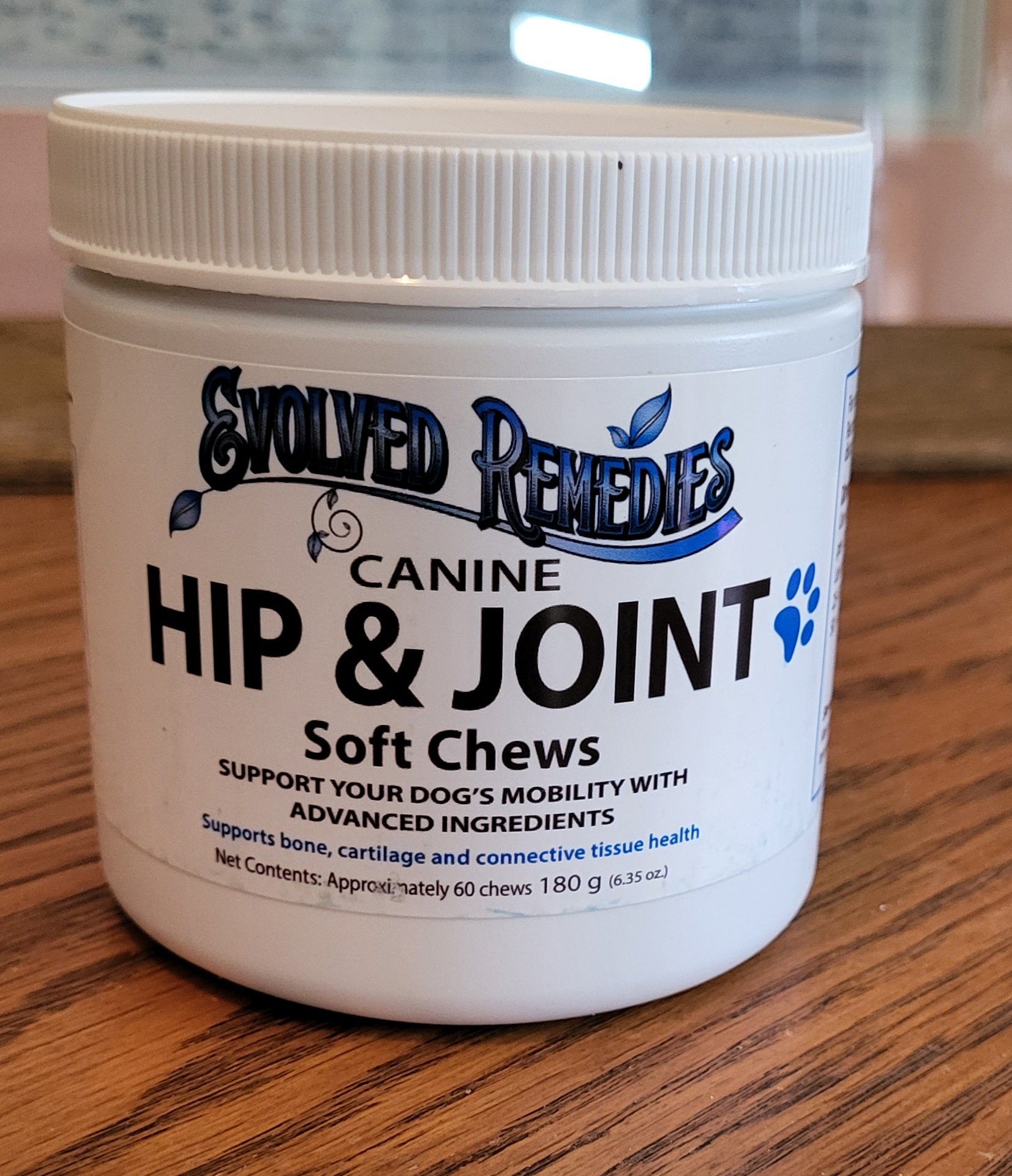
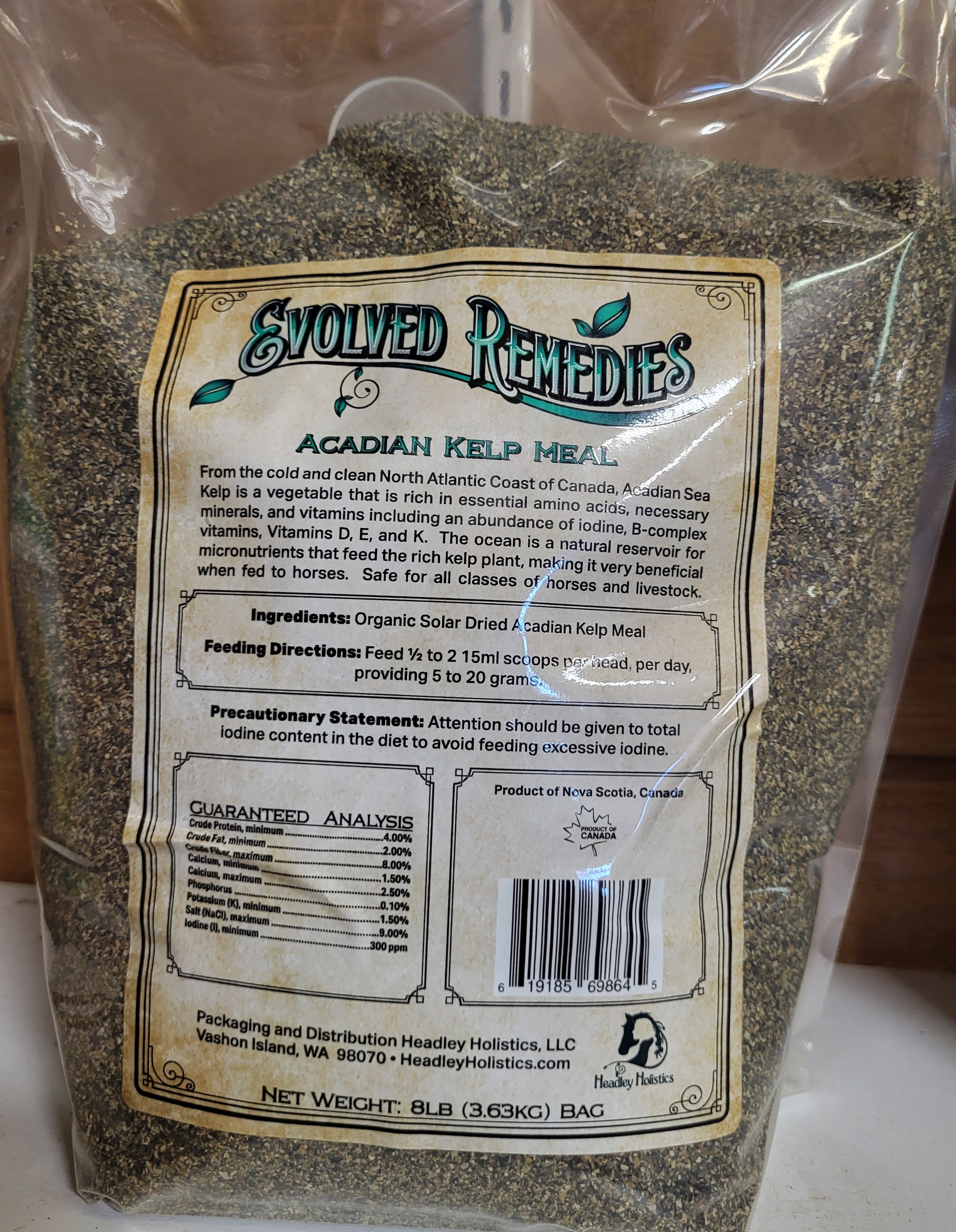
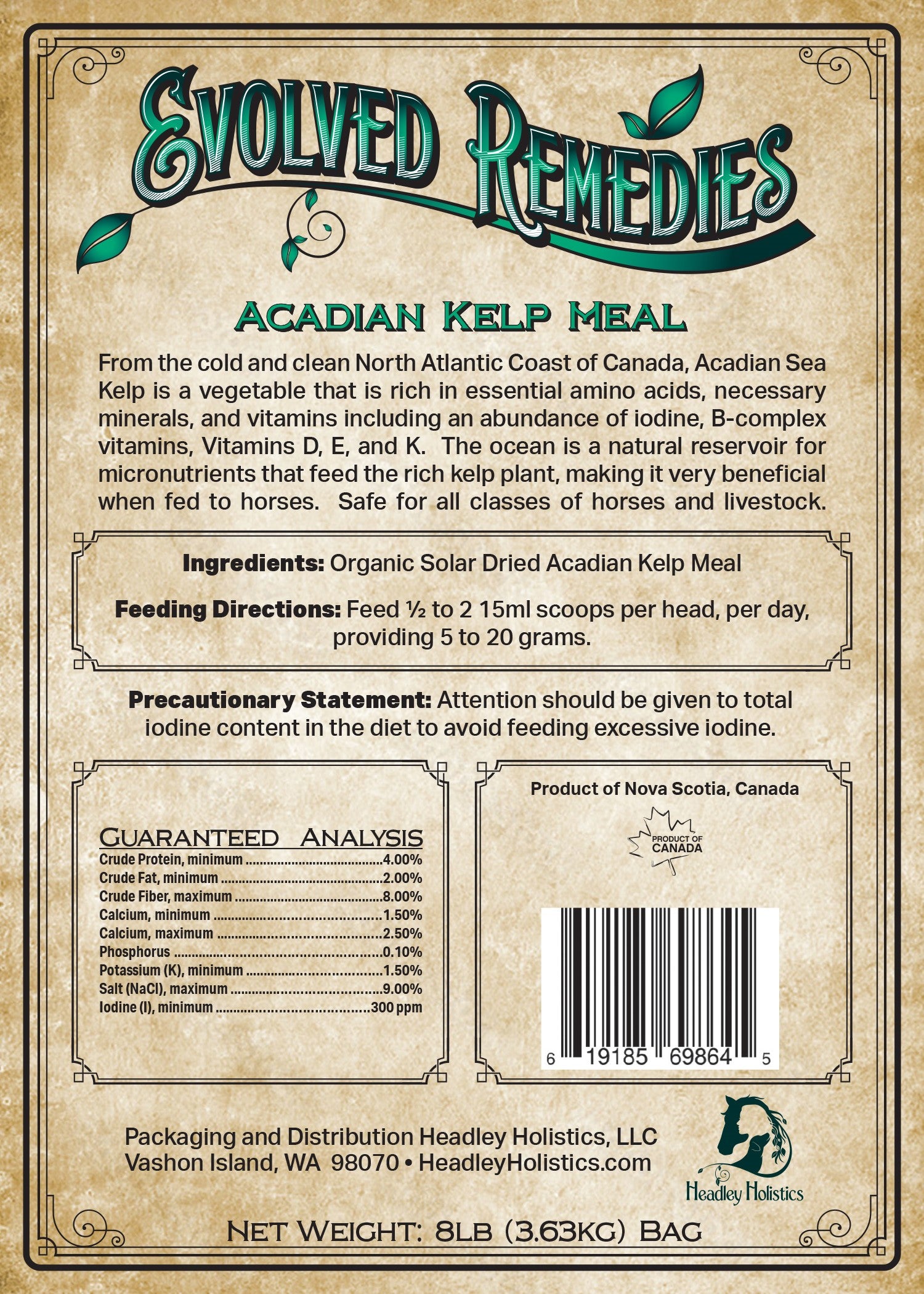
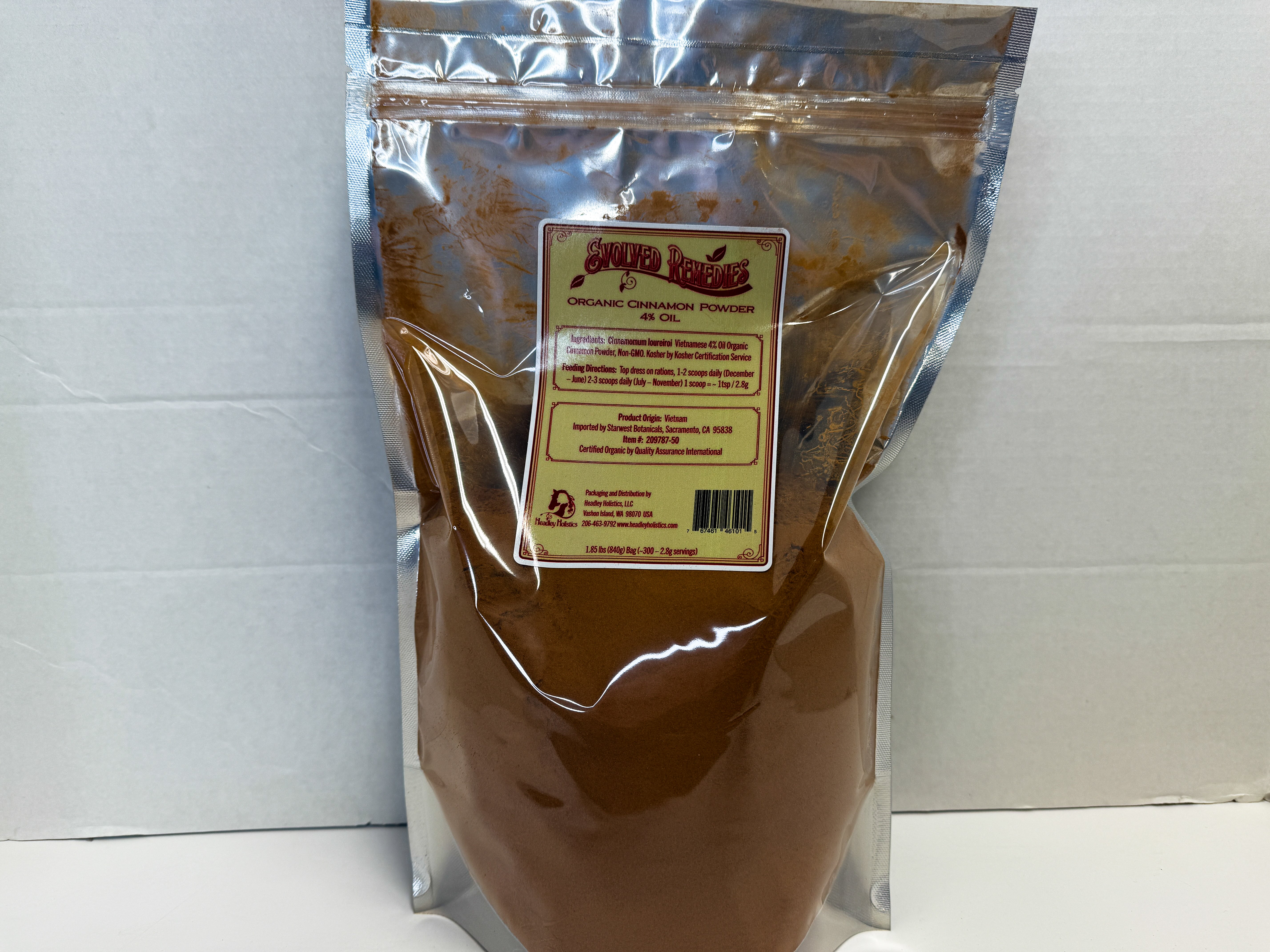
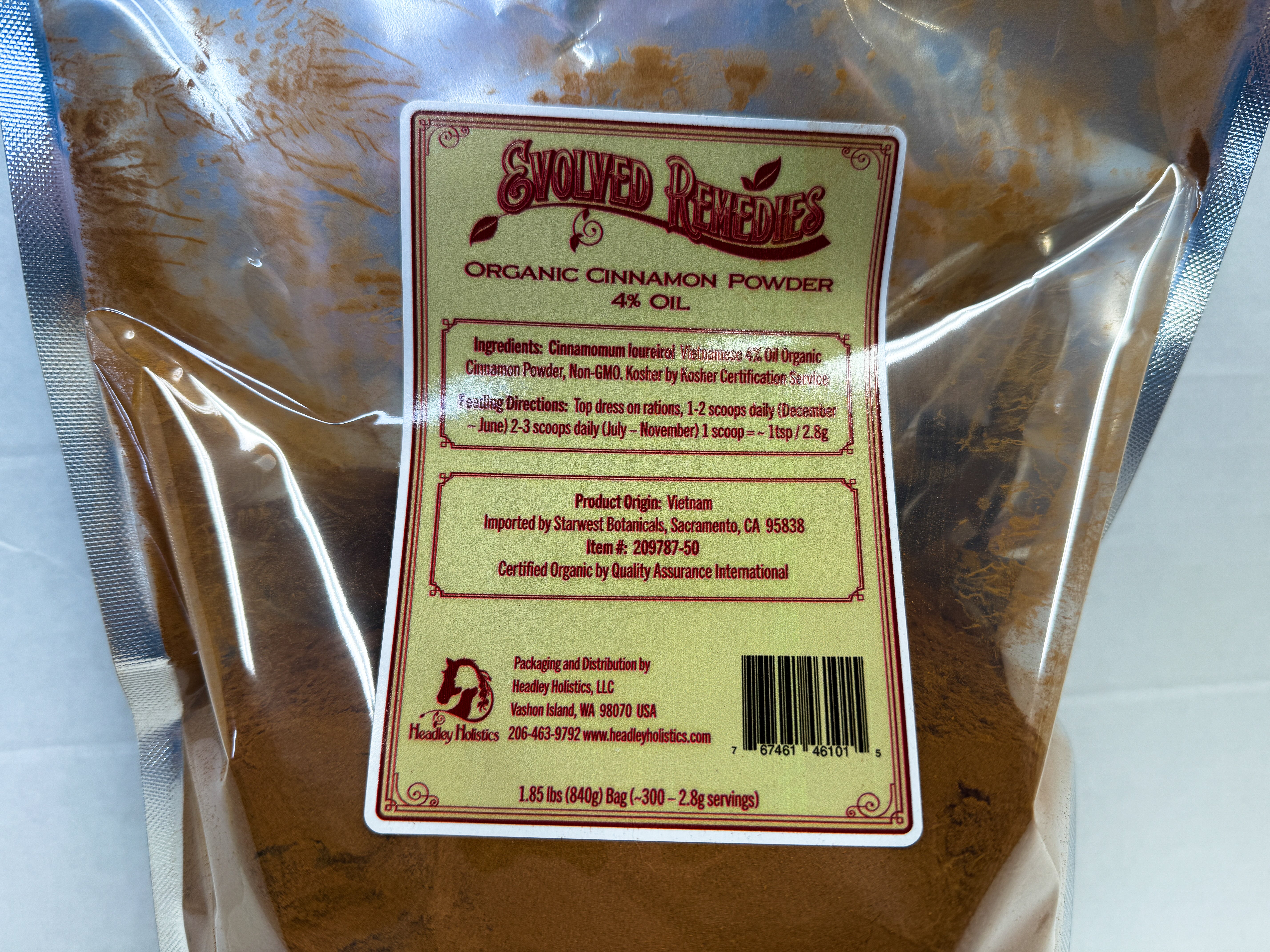
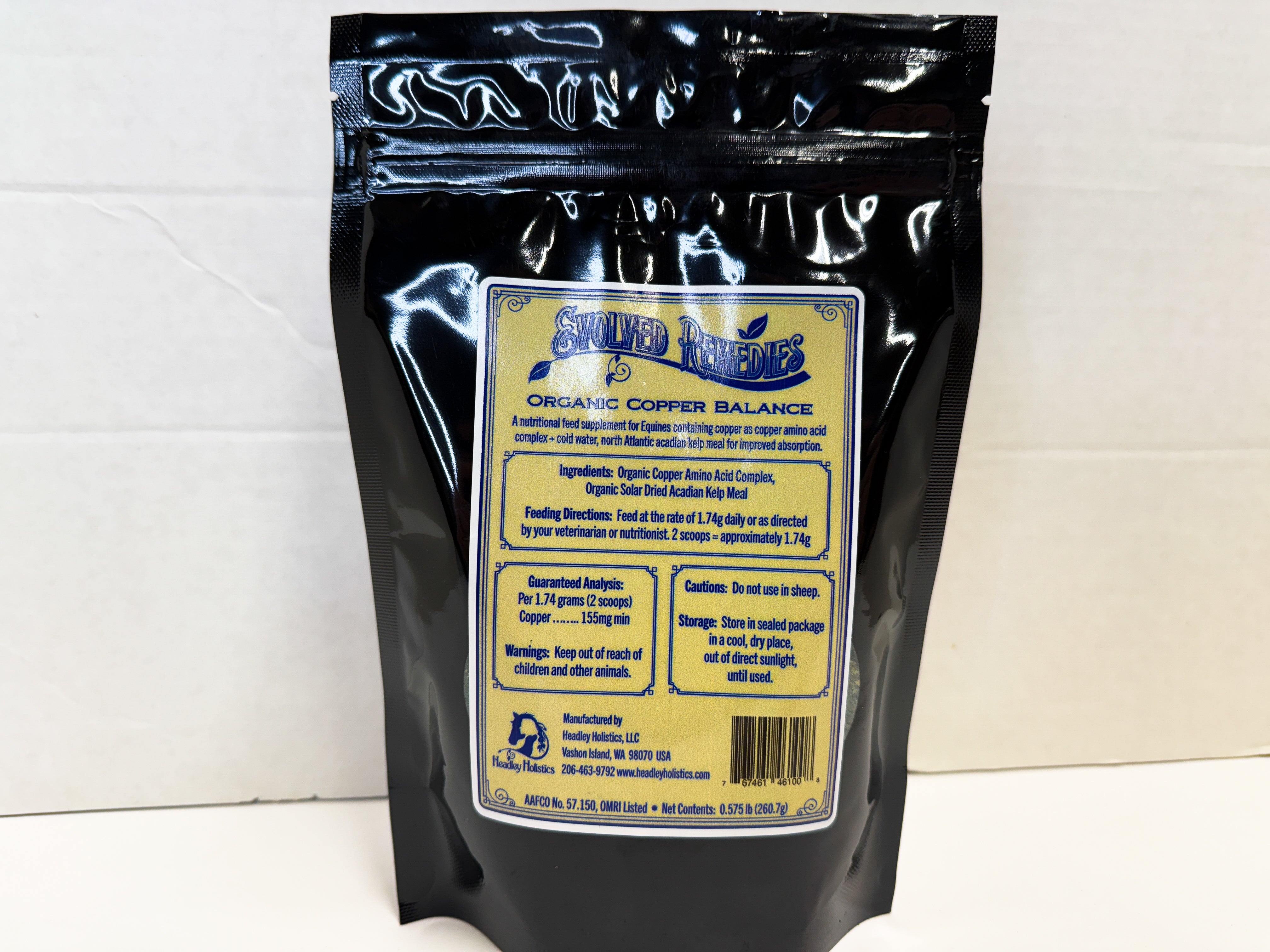
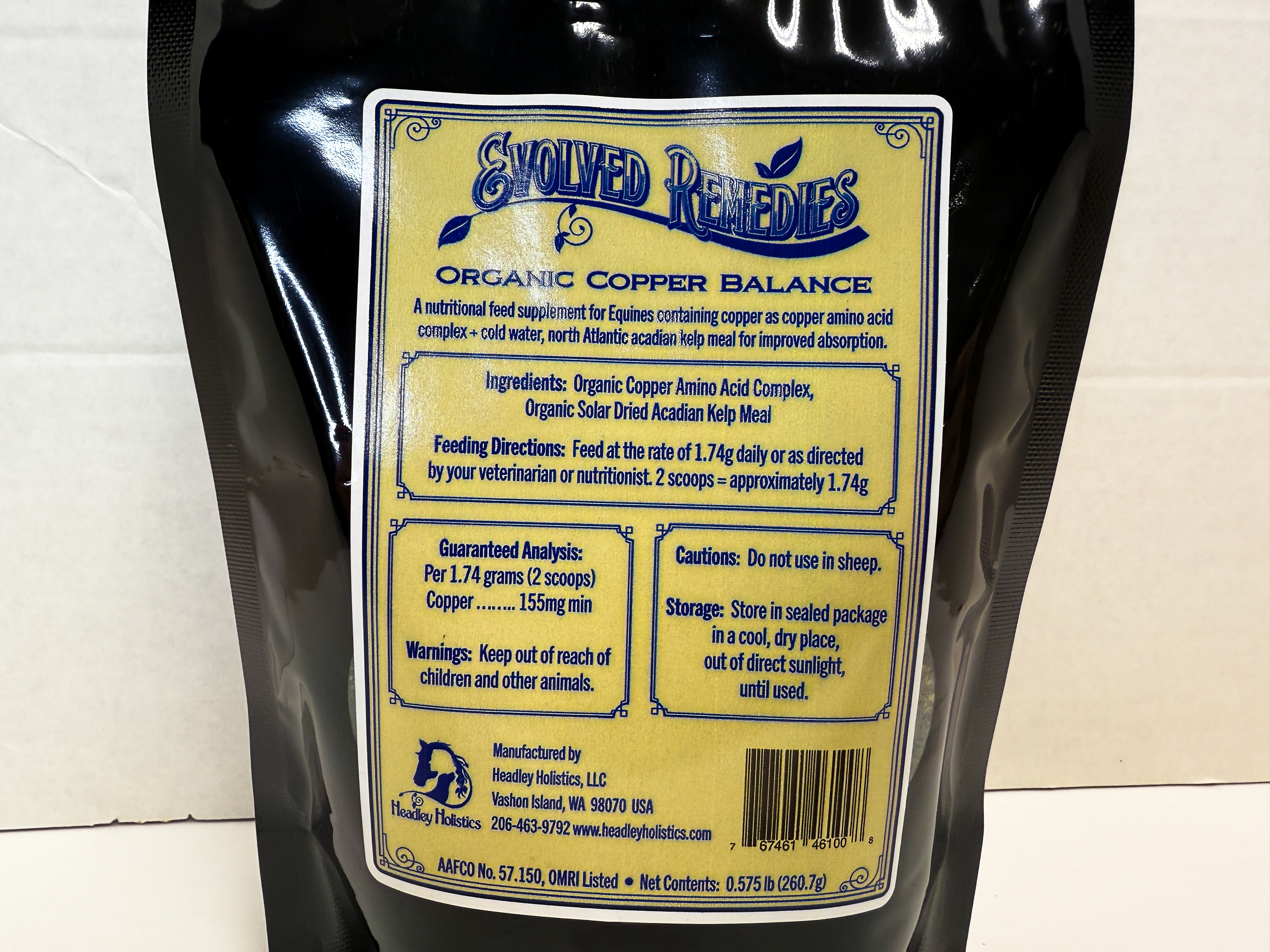
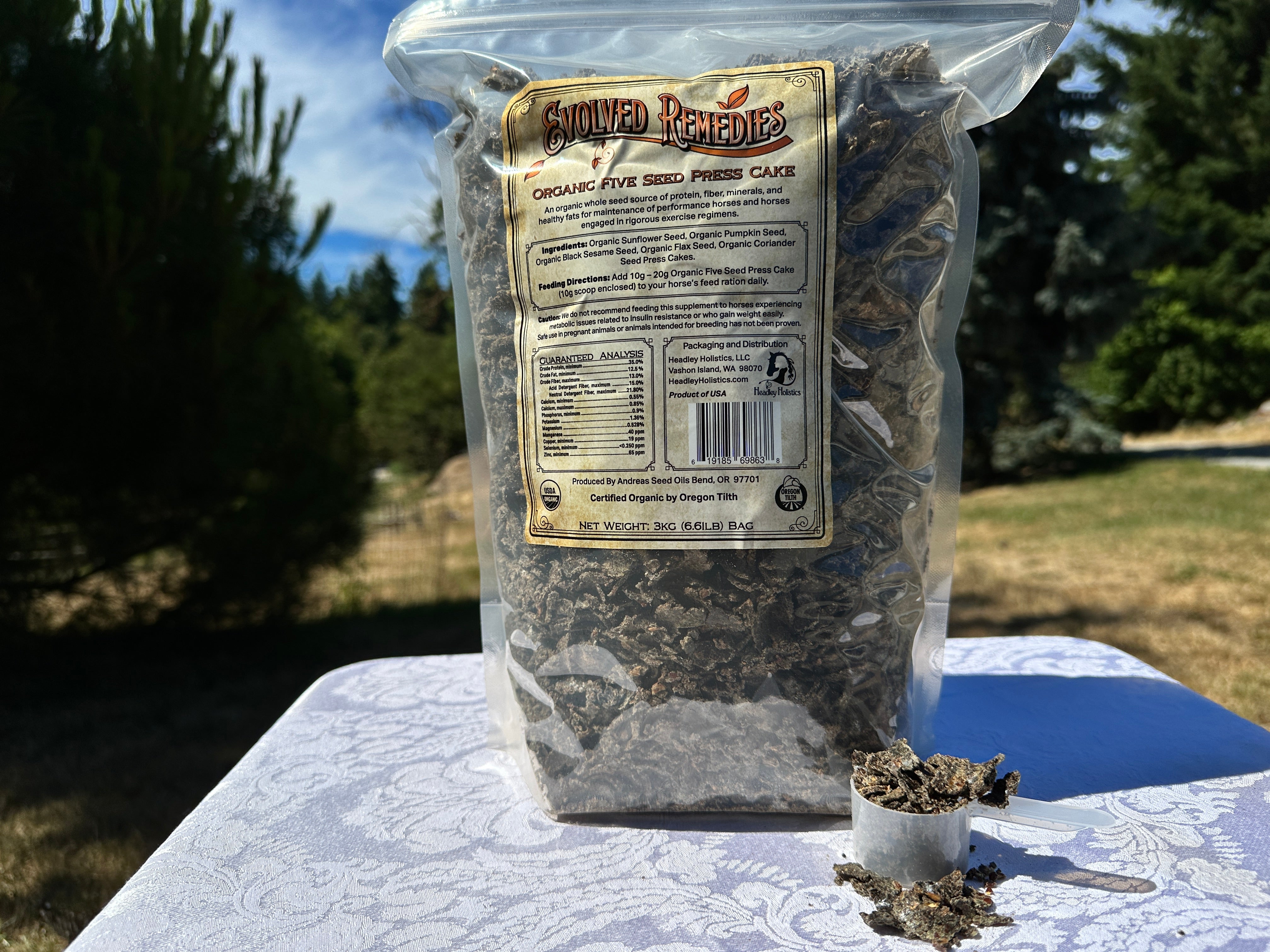
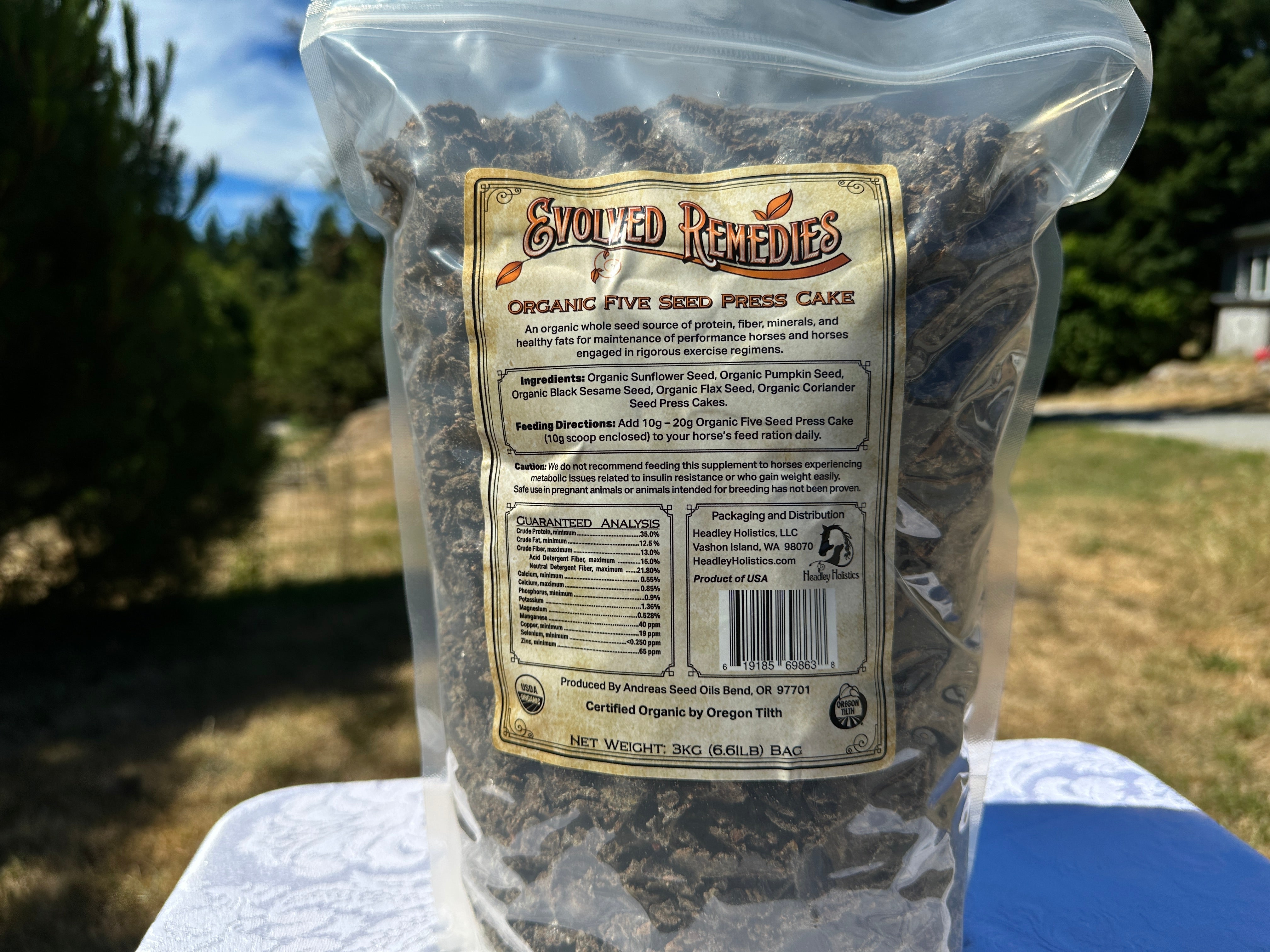
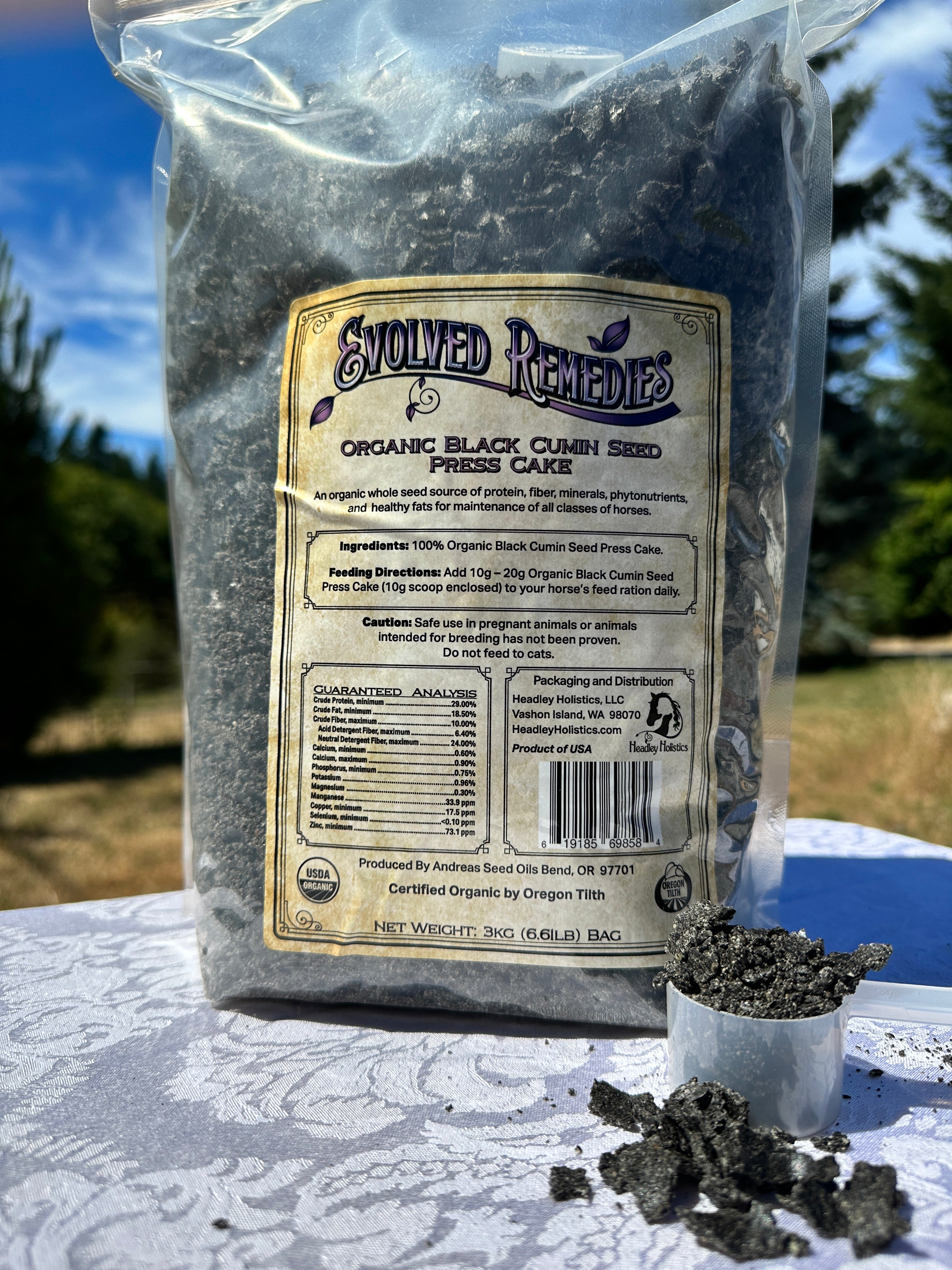
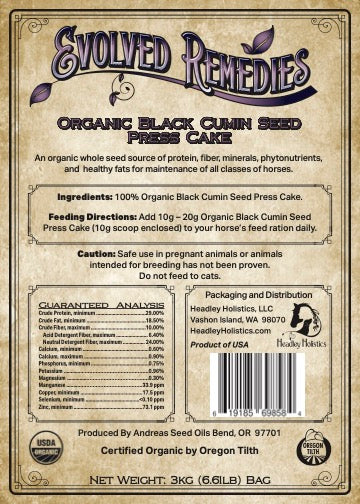

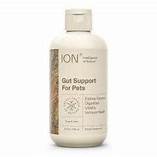
Leave a comment
This site is protected by hCaptcha and the hCaptcha Privacy Policy and Terms of Service apply.